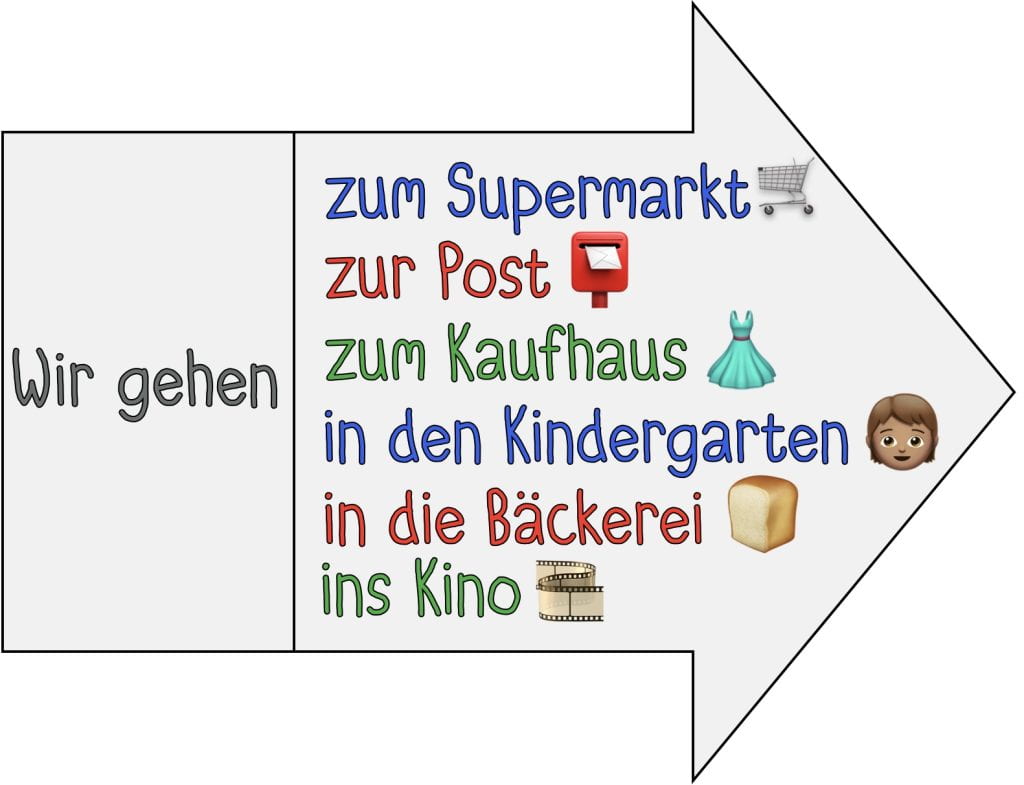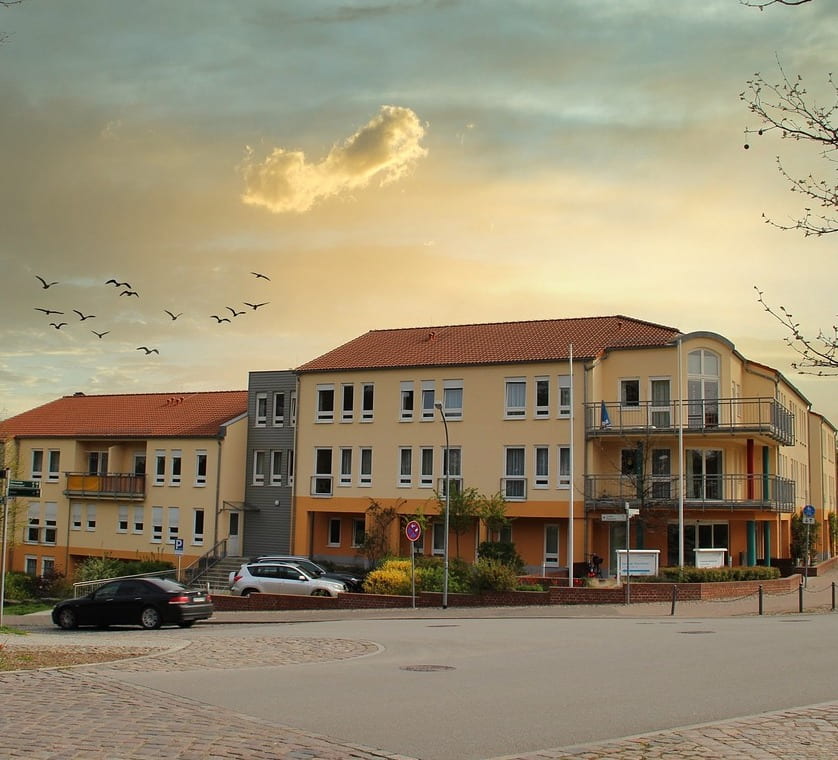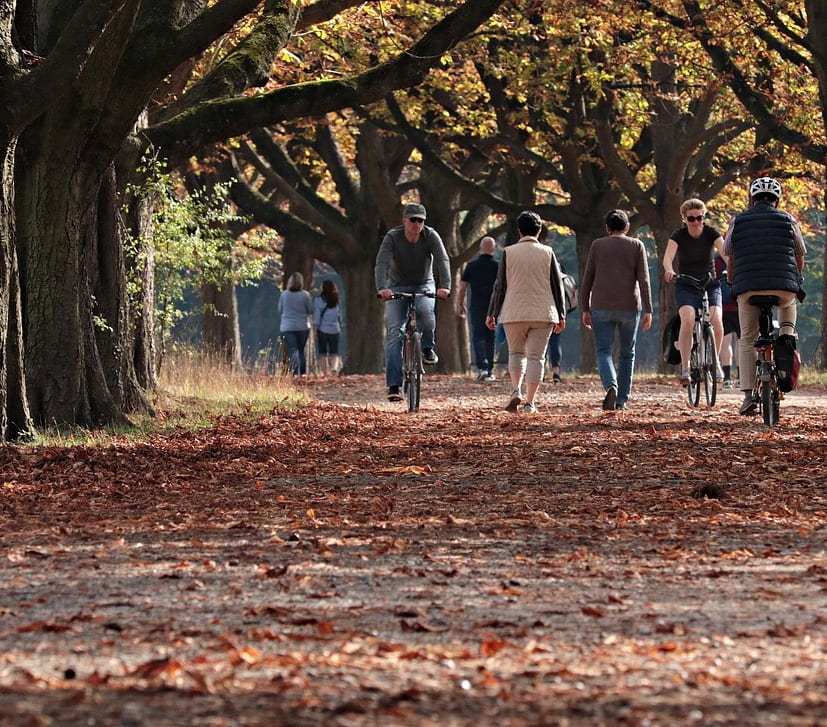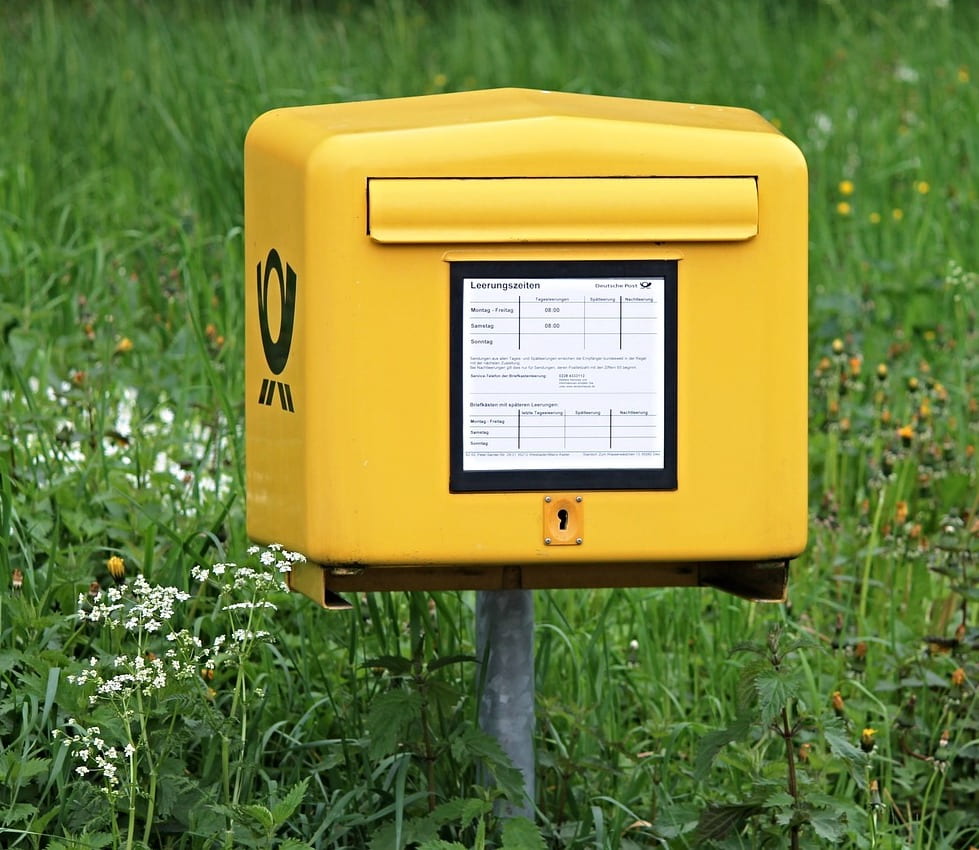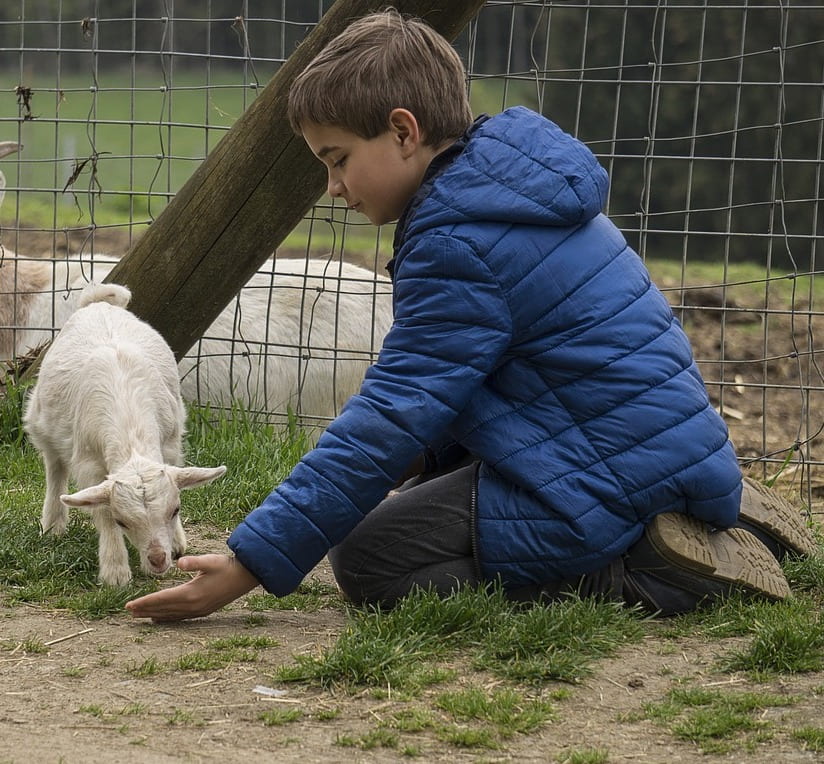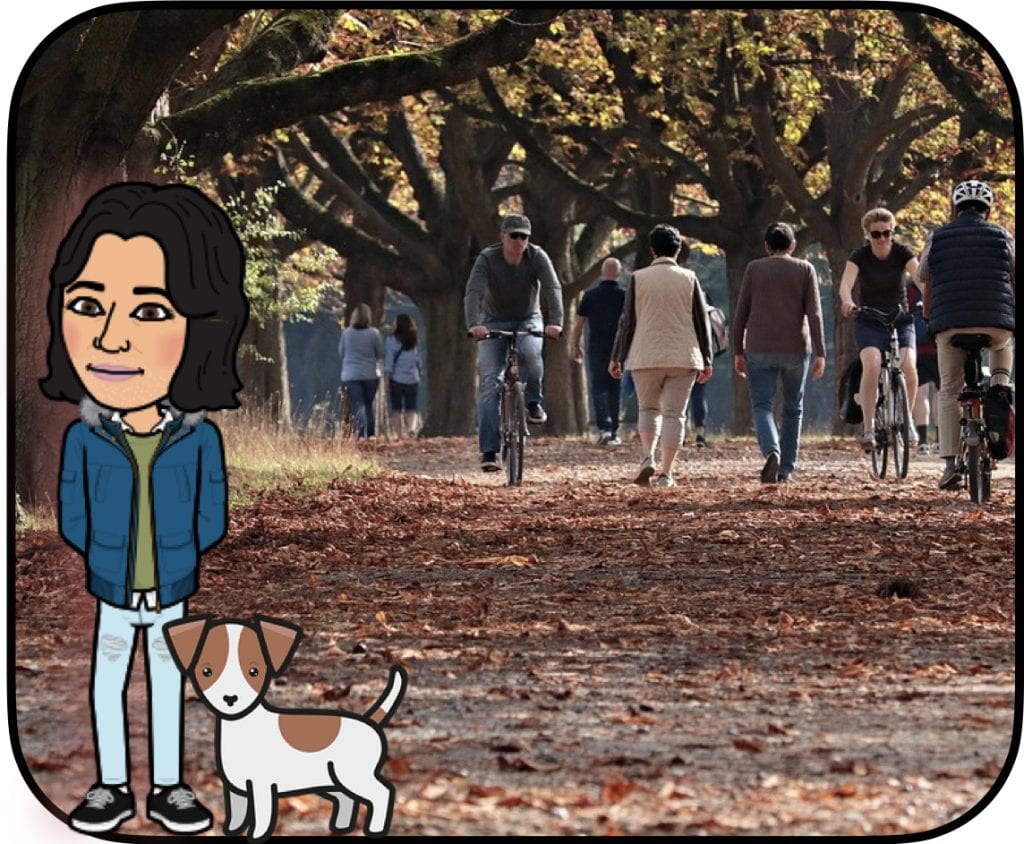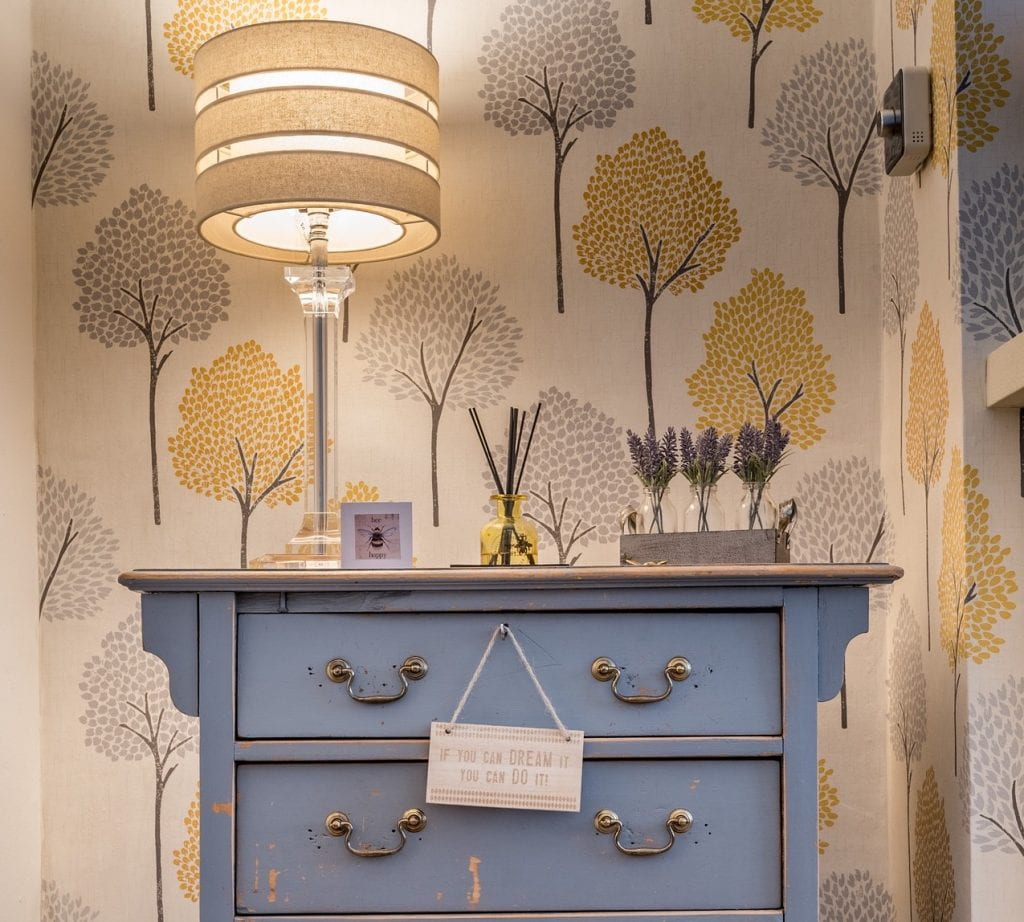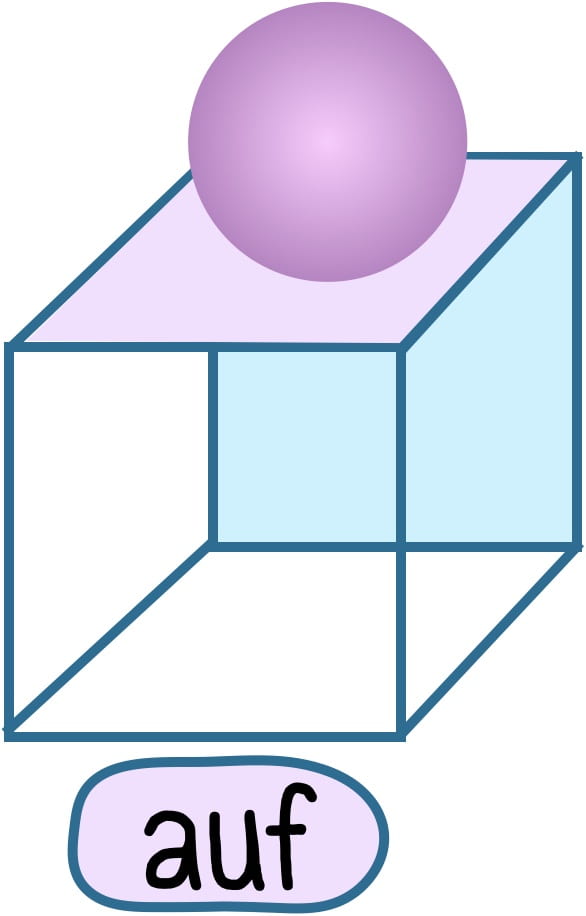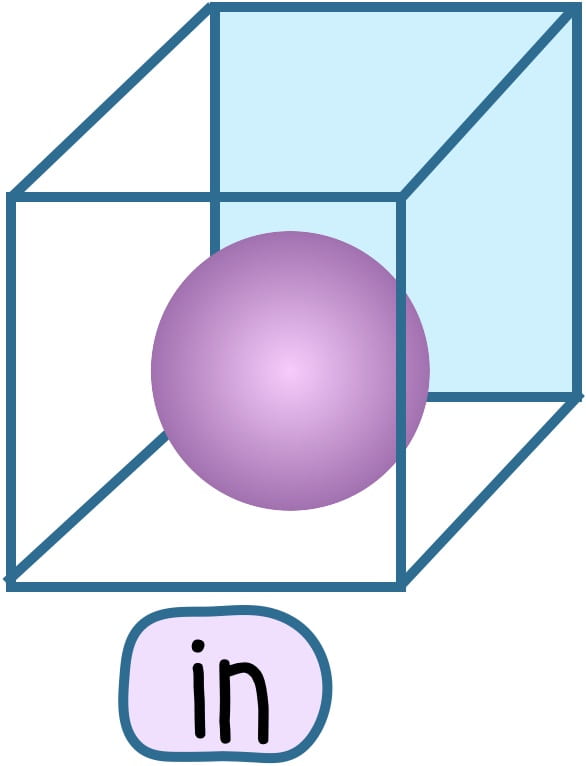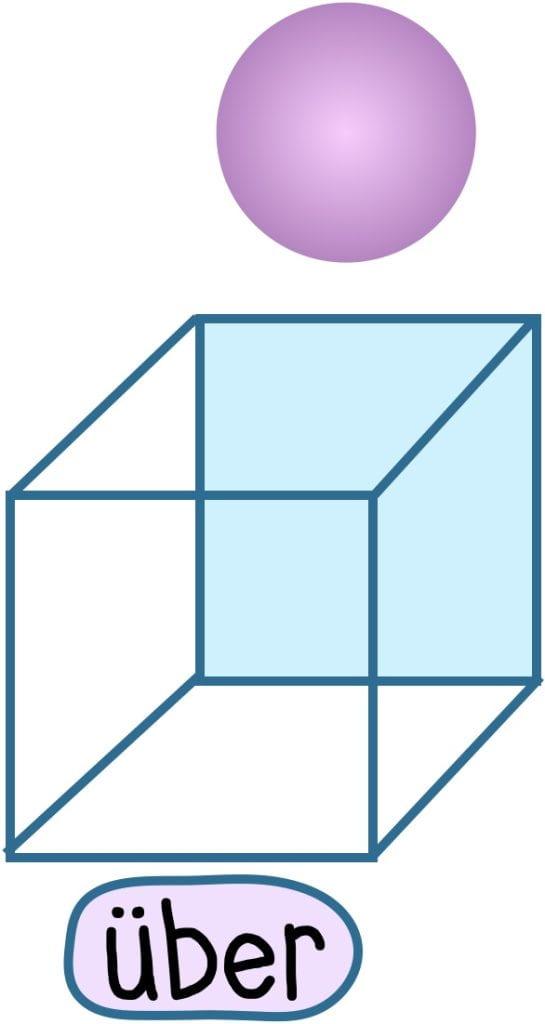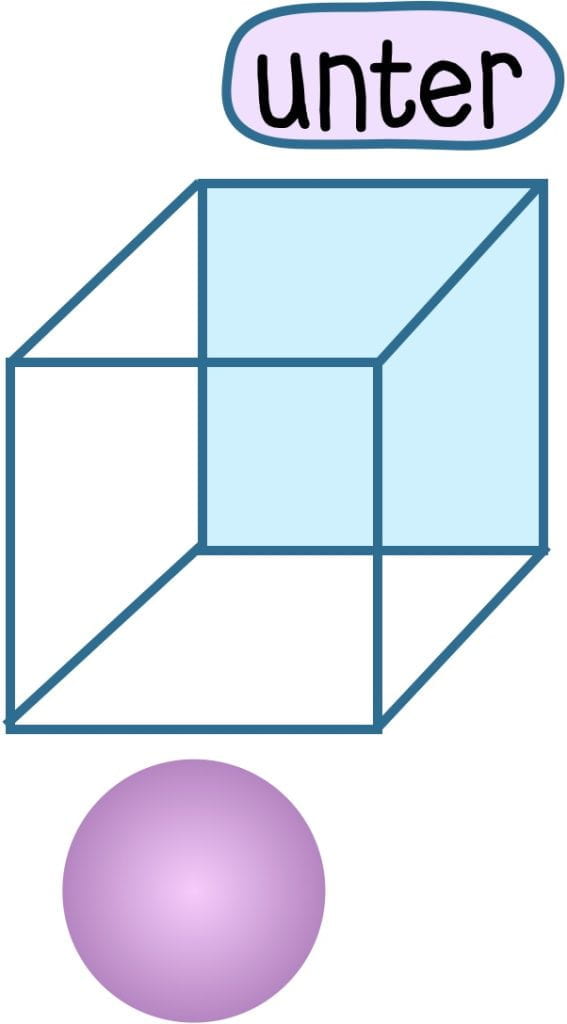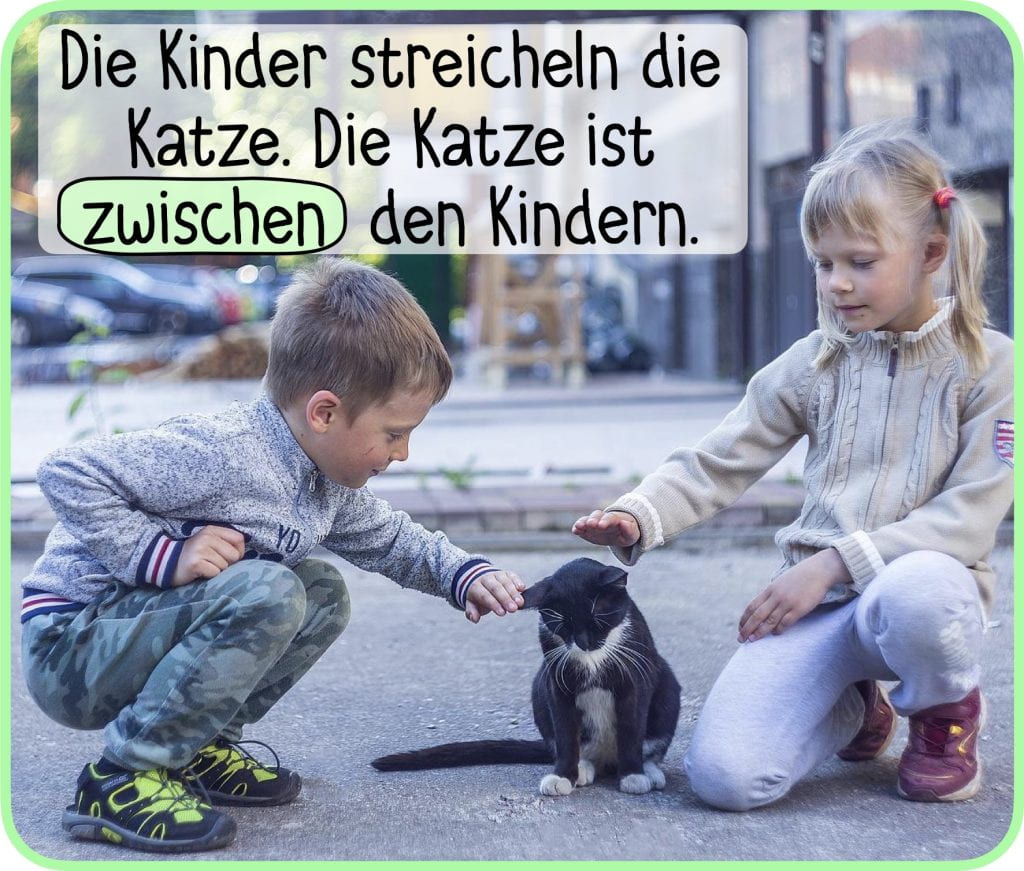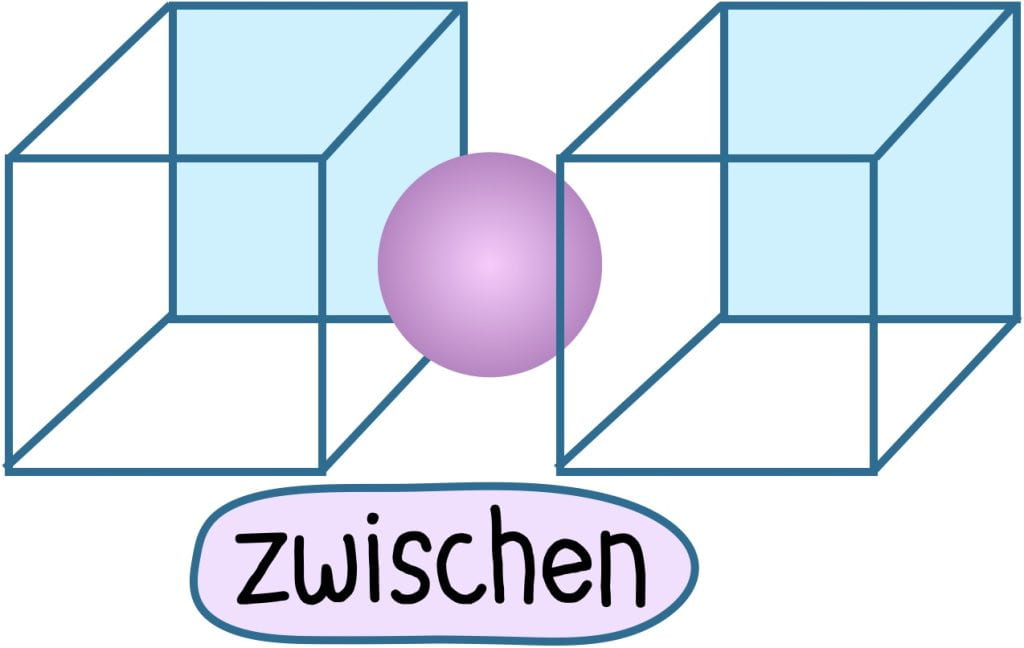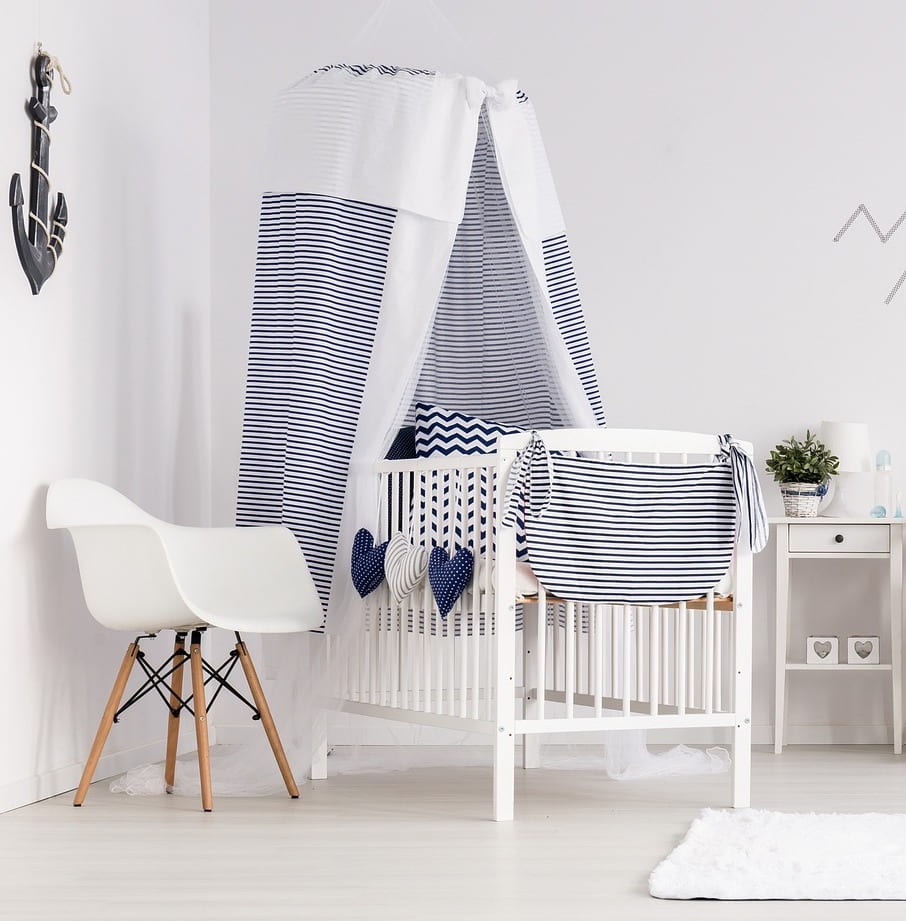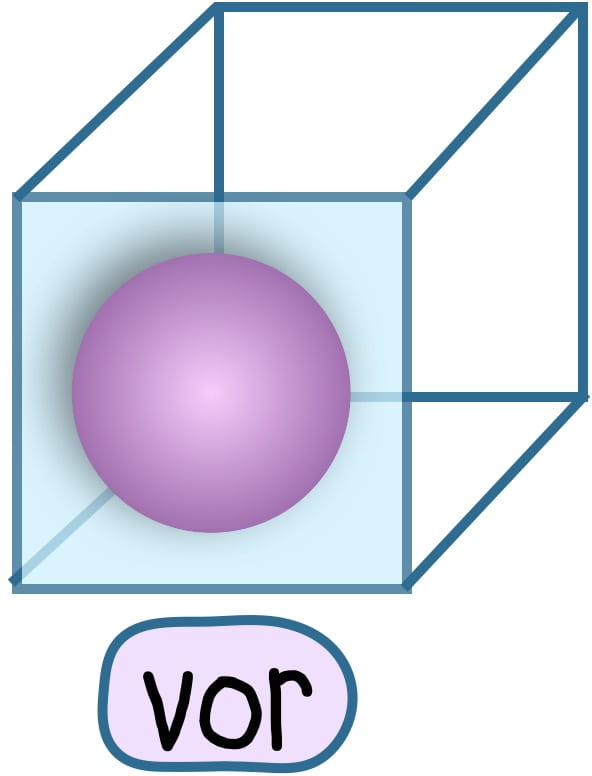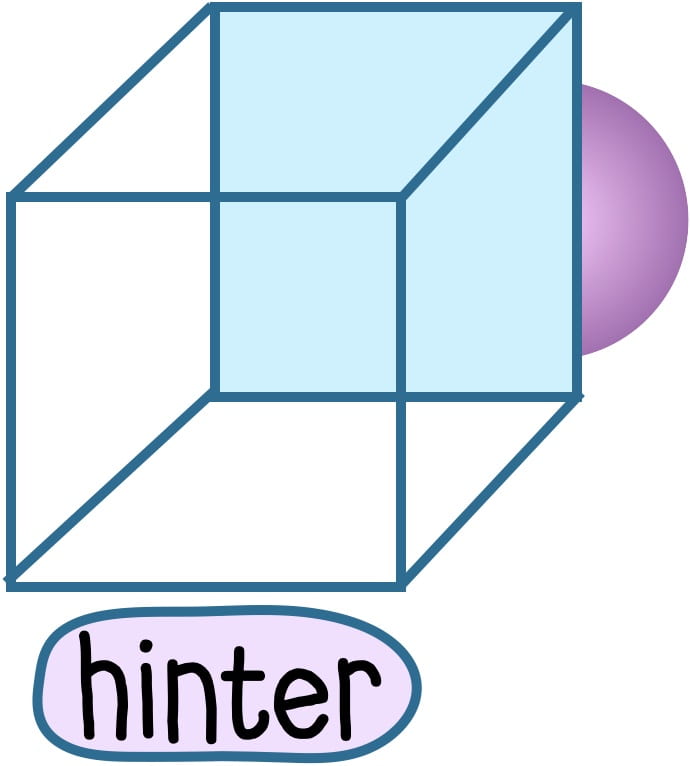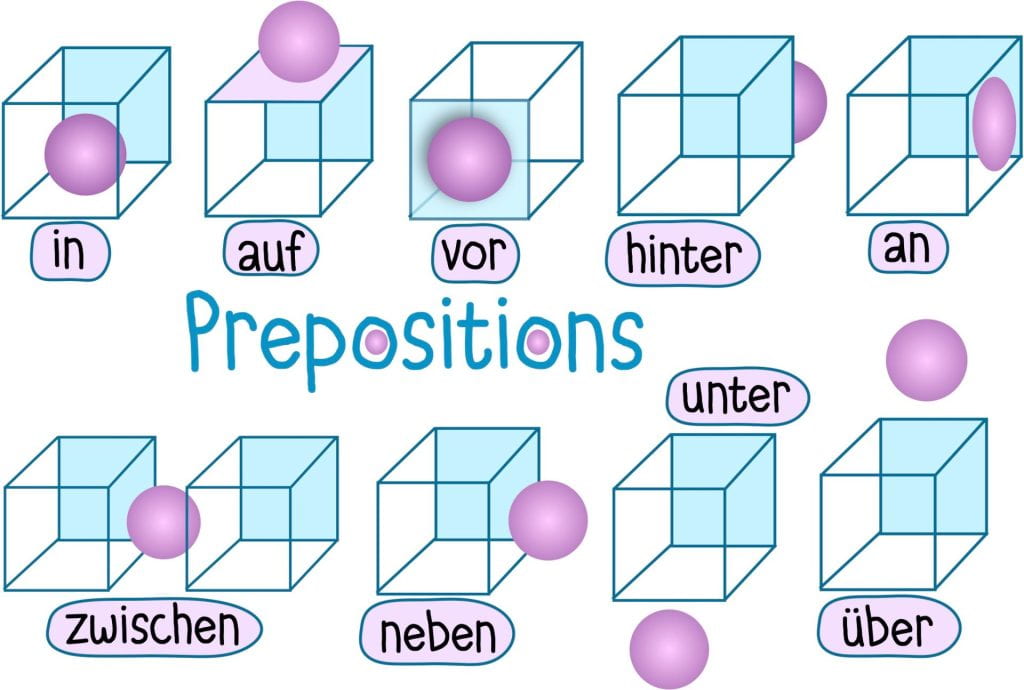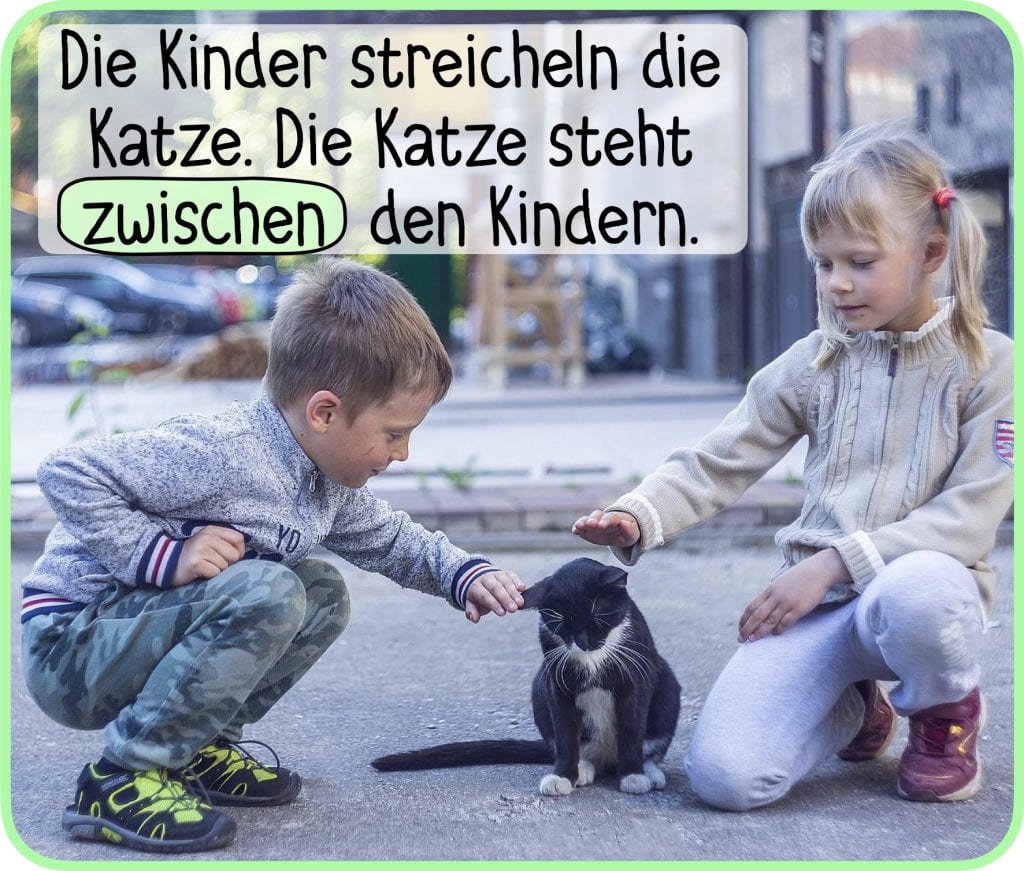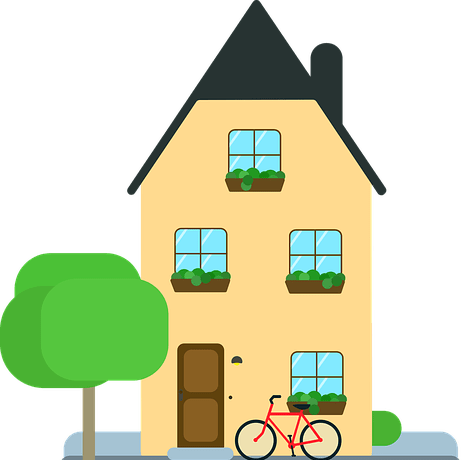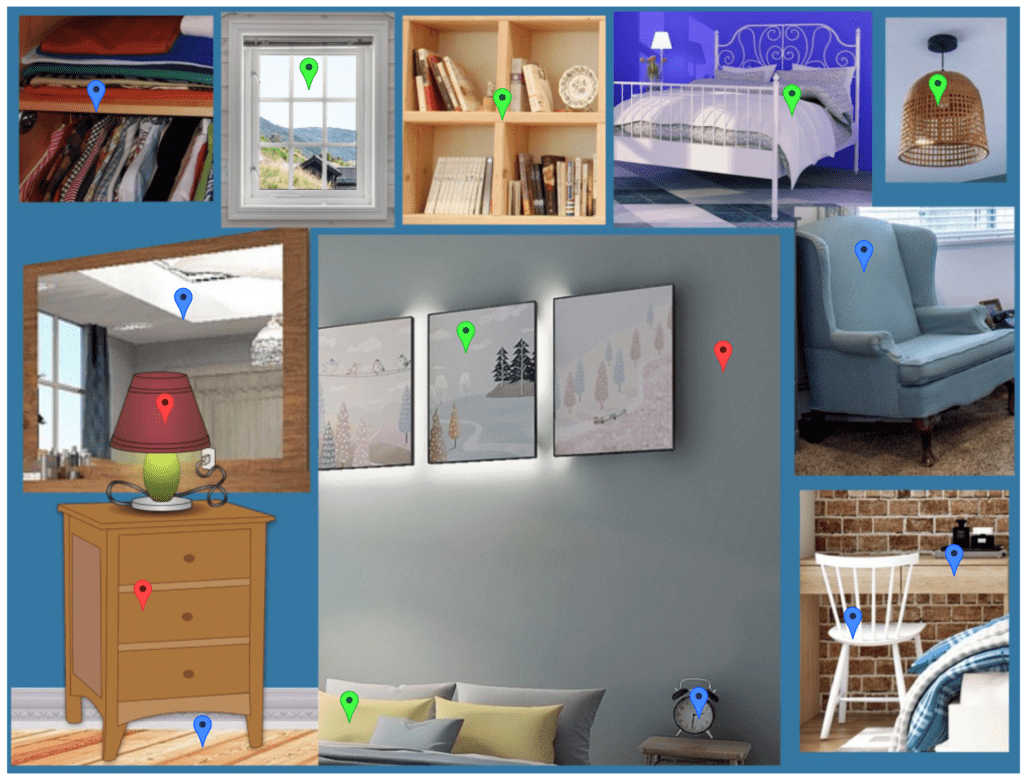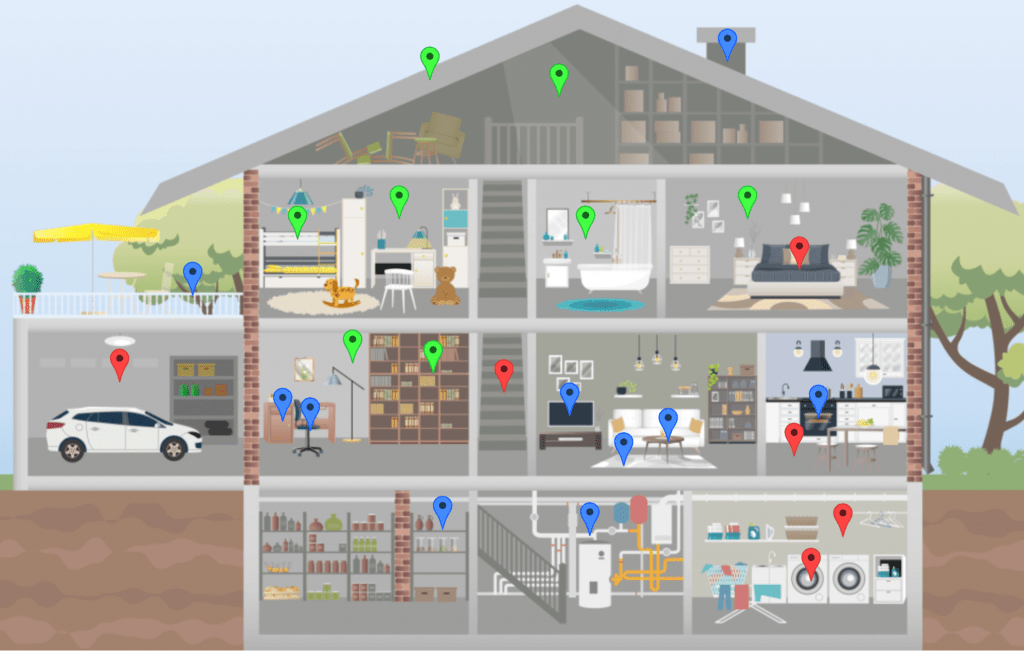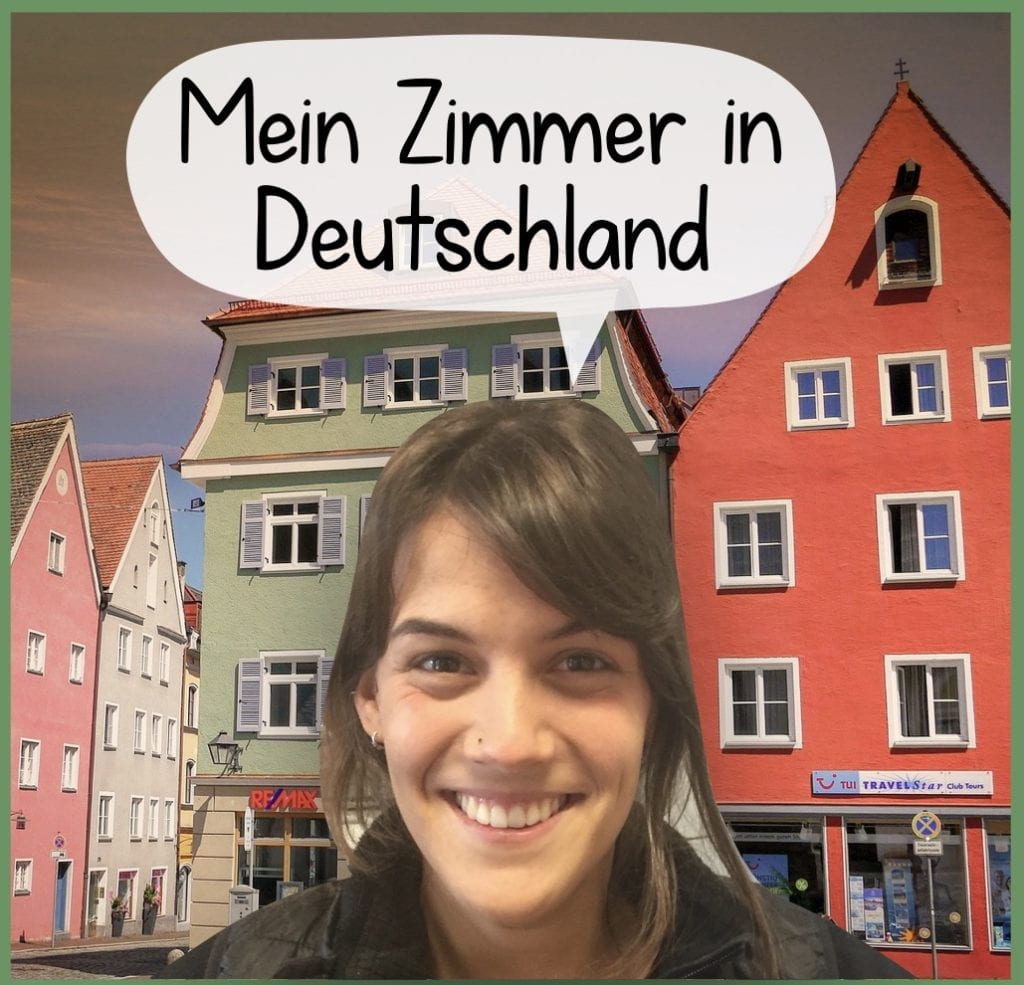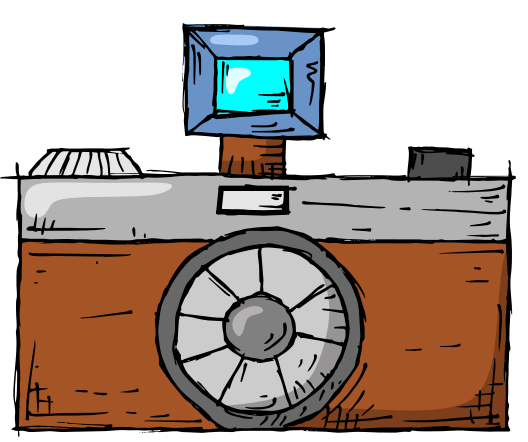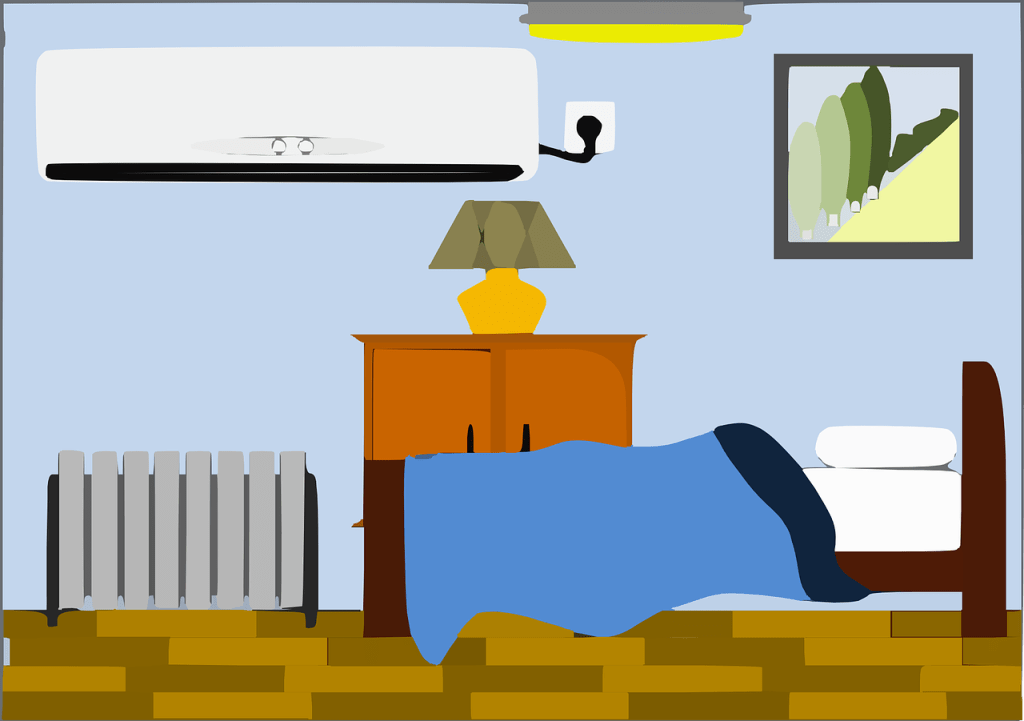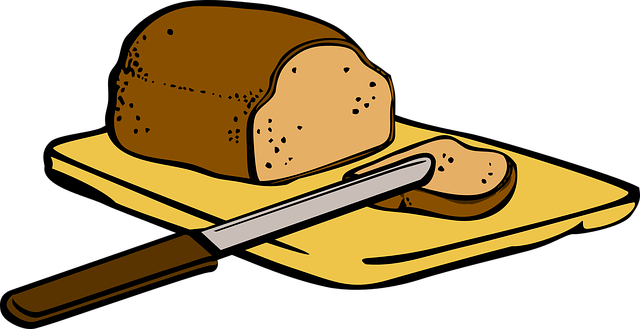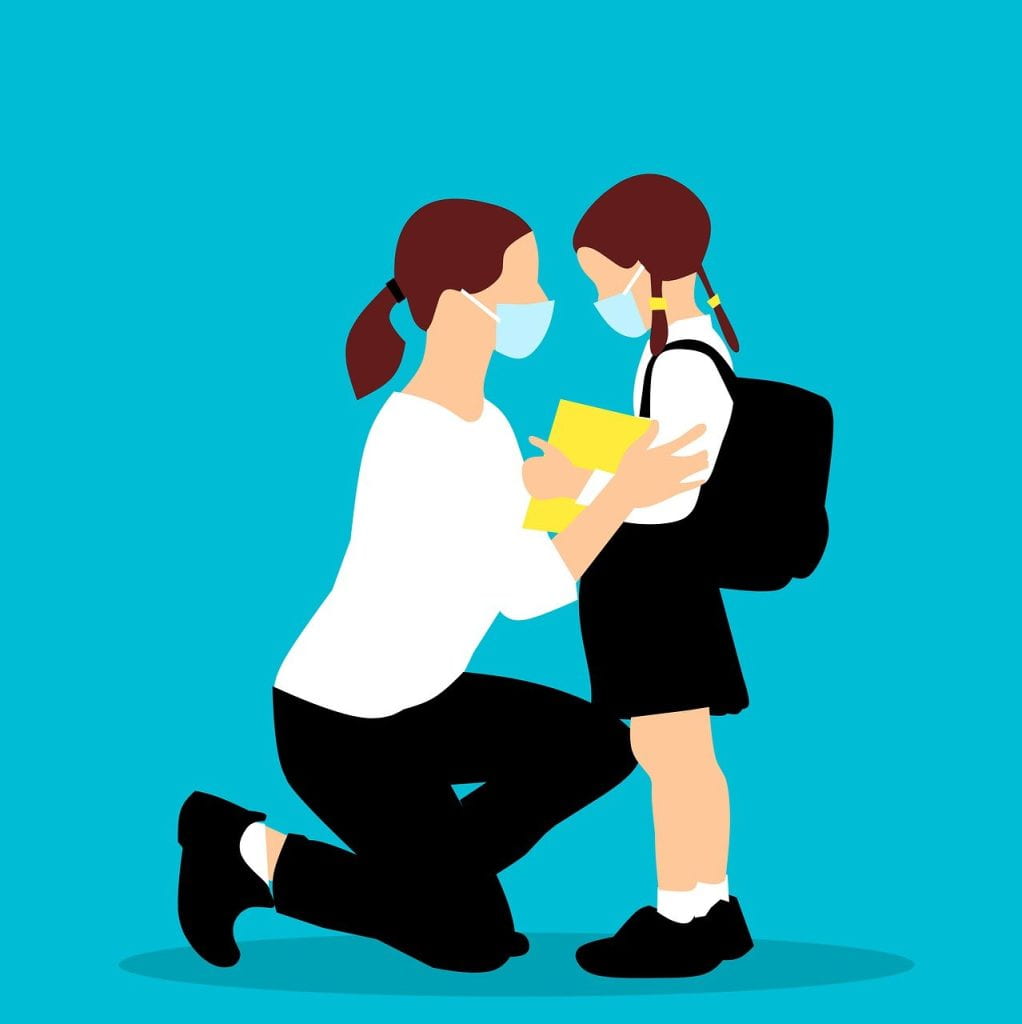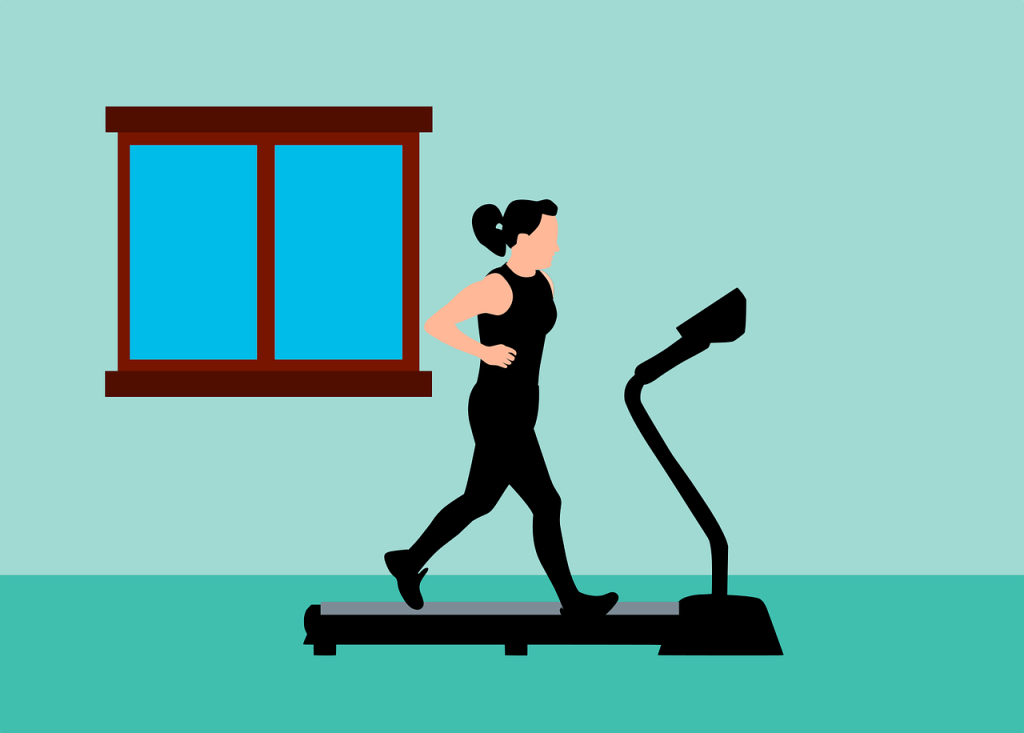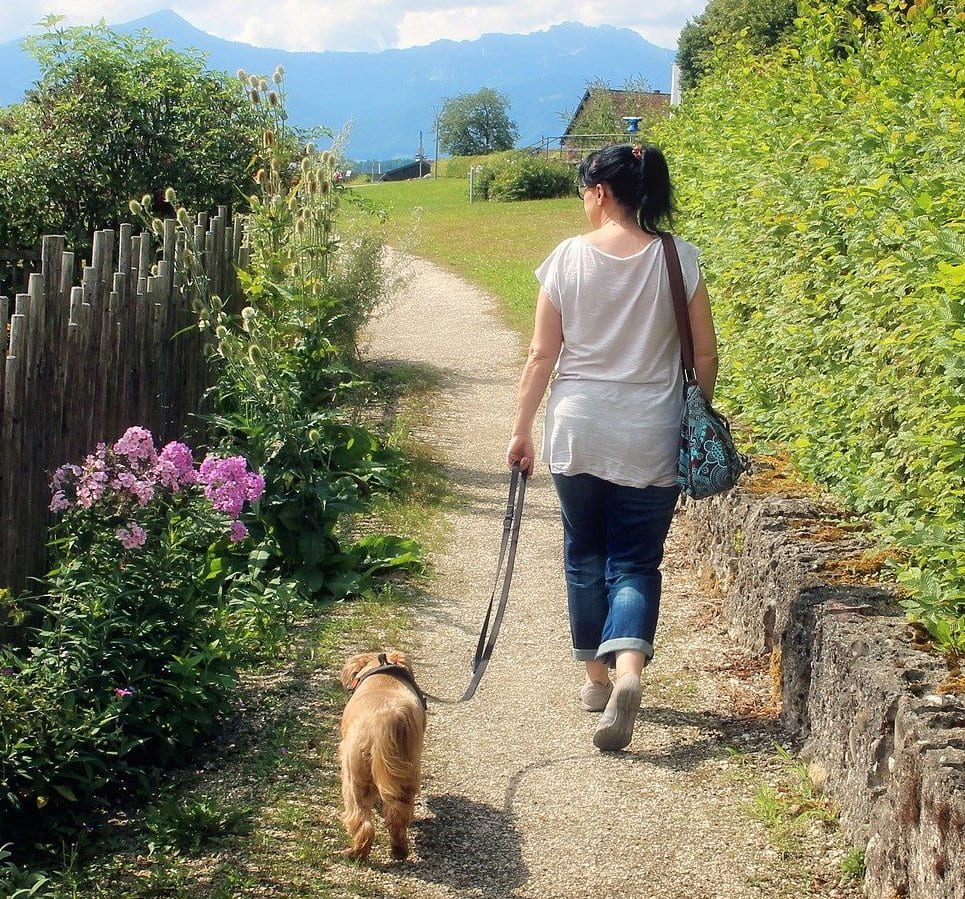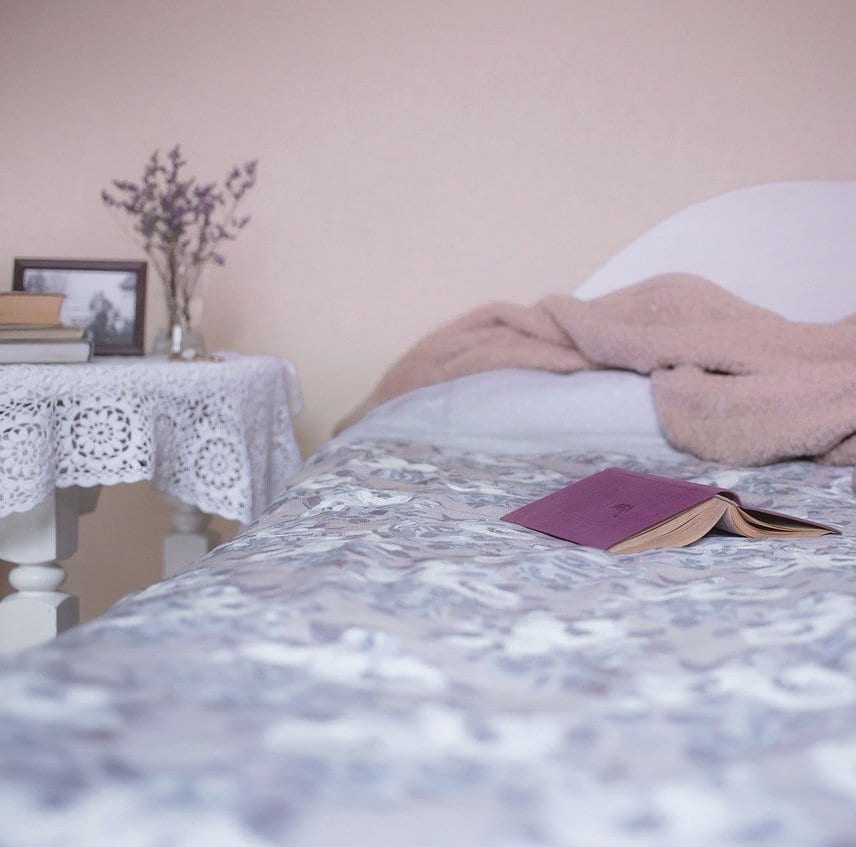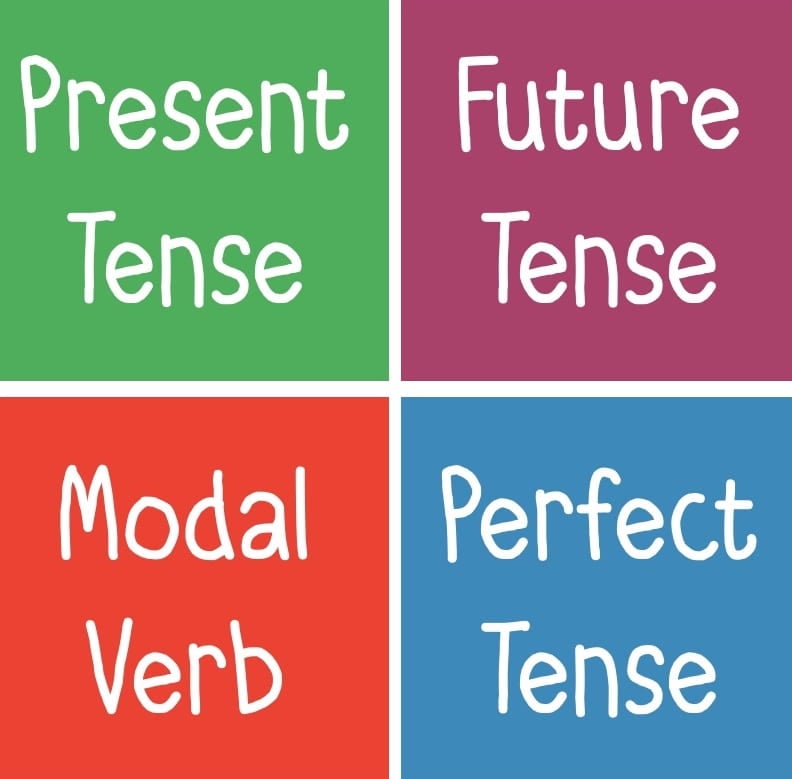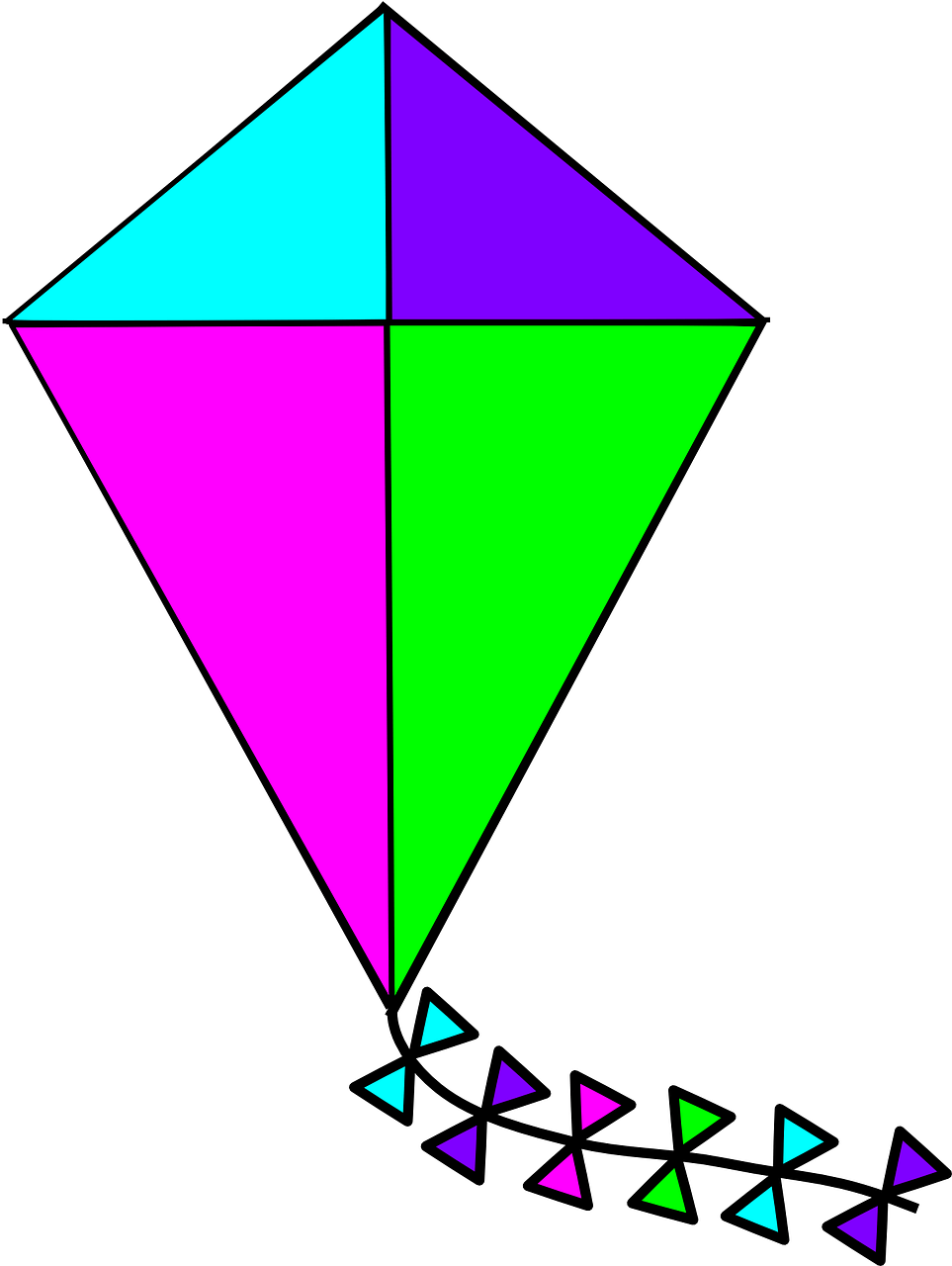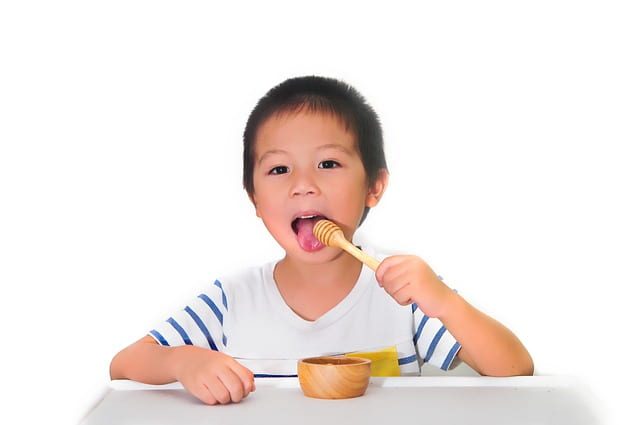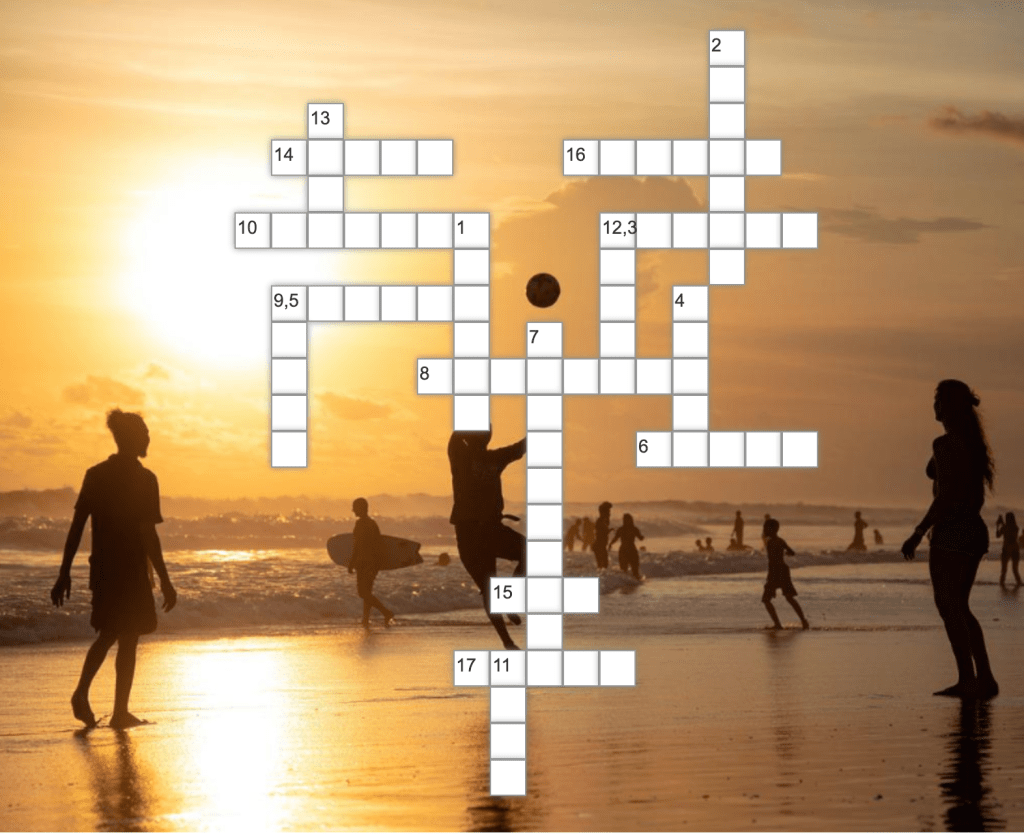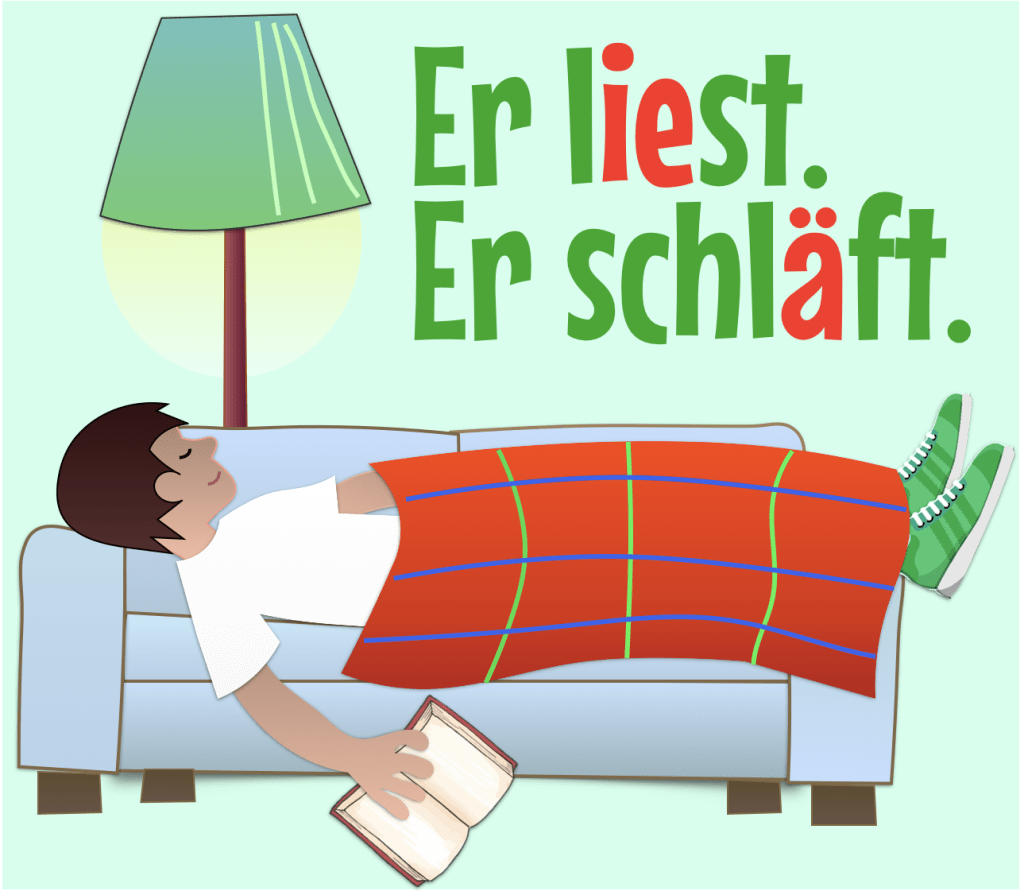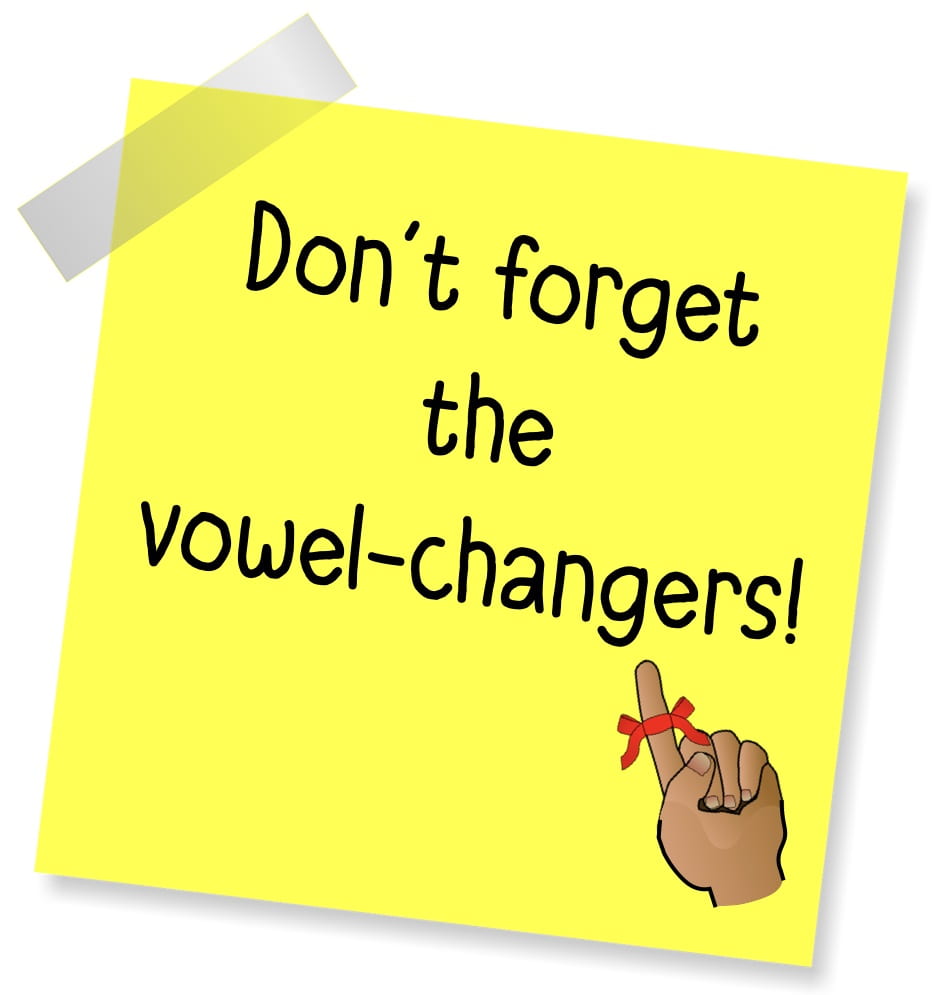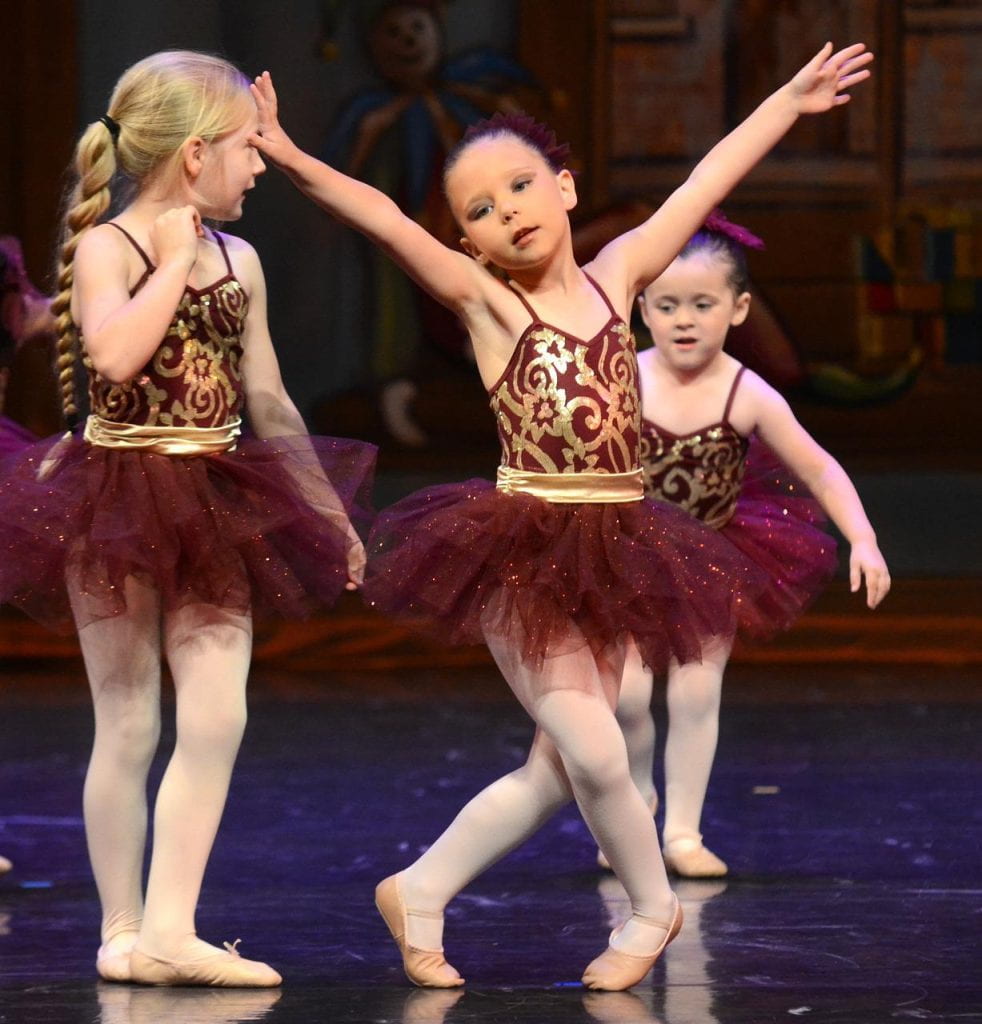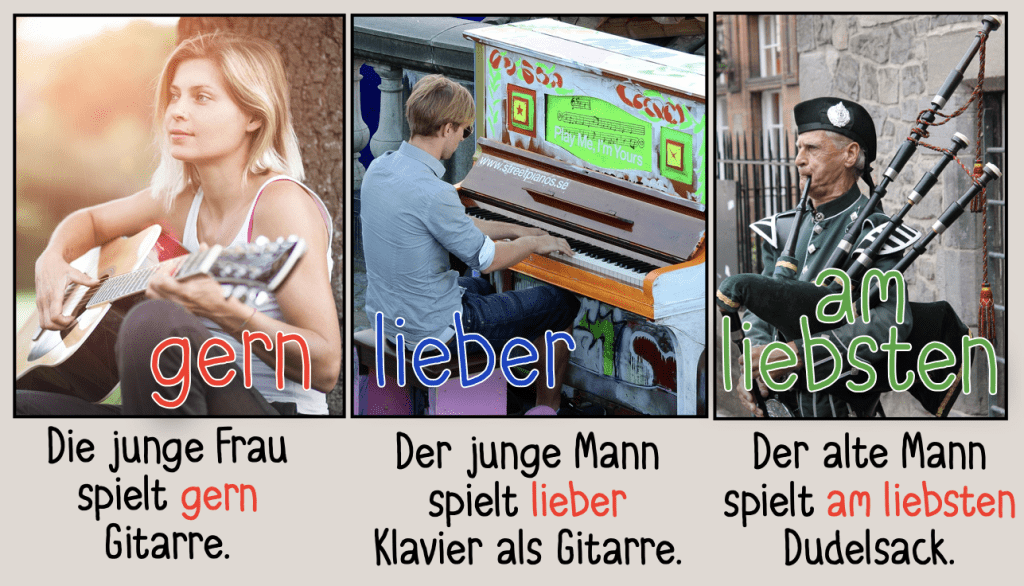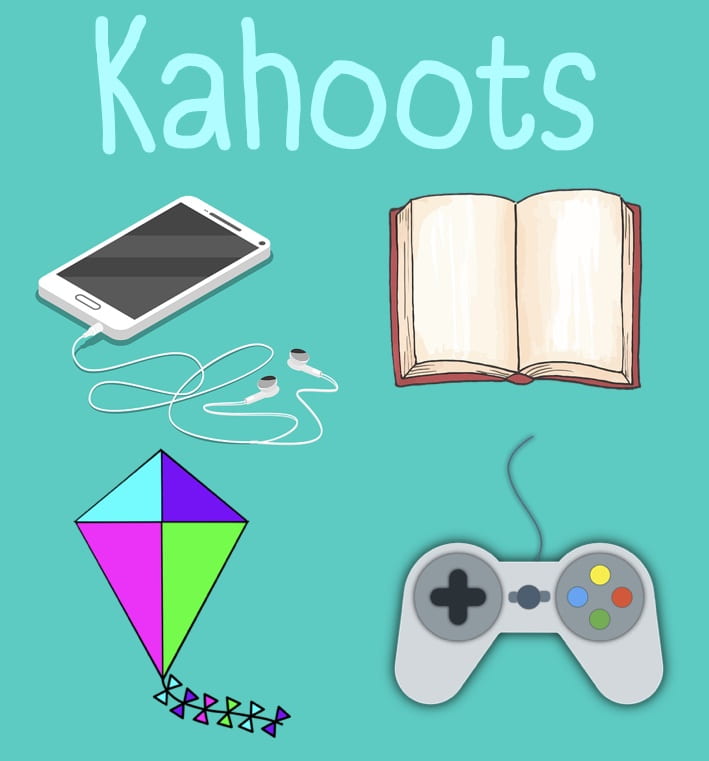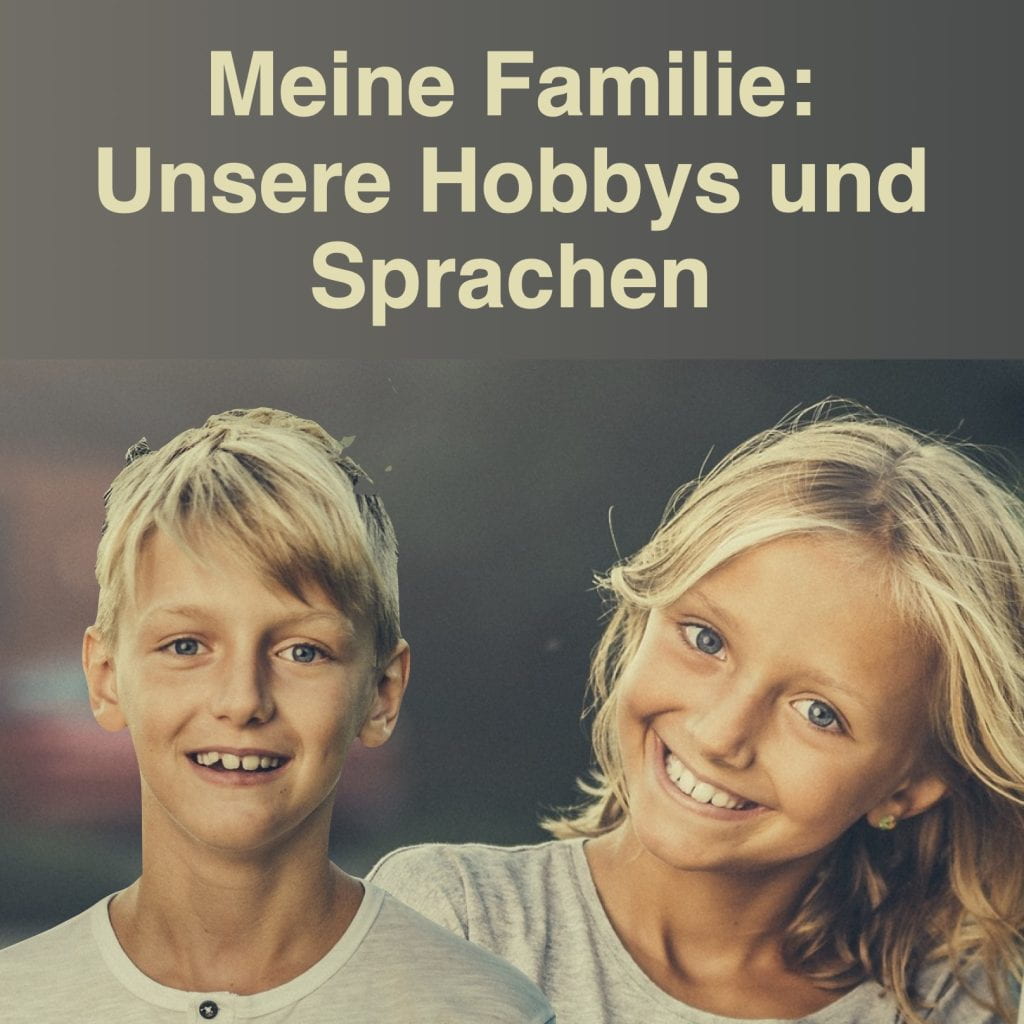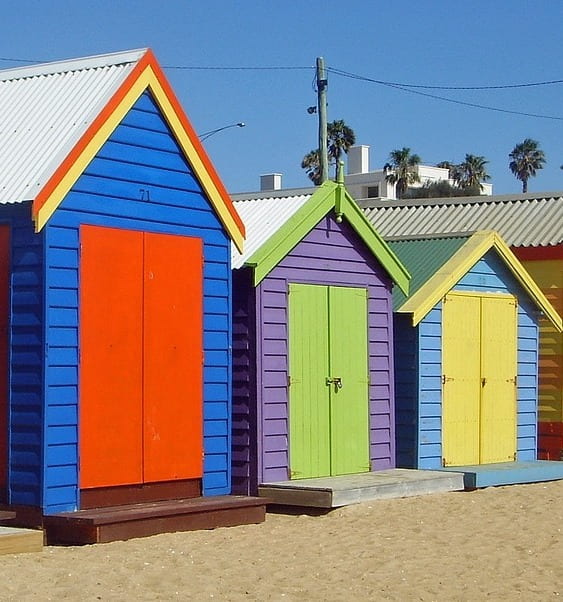 An Overview of Melbourne
An Overview of Melbourne
Published by Roslyn Green in April 2023
Related Page: City Vocabulary A-Z
1 Essential Nouns
Masculine • Feminine • Neuter • Plural
- die Aussicht – view
- der Botanische Garten – the Botanic Gardens
- das Café, die Cafés – cafe(s)
- die Einkaufspassage – arcade
- der Aussichtsturm – Viewing Tower: Eureka-Tower
- die Flussfahrt – river cruise
- der Freizeitpark – amusement park
- das Kaufhaus, die Kaufhäuser – department stores
- die Kneipe – pub
- der Markt – market
- das Museum – museum
- der Pier oder die Seebrücke – pier
- der Pinguin(e) – penguin(s)
- der Radweg – cycling path
- die Sehenswürdigkeit – place of interest
- die Seitengasse (n) – little laneway (s)
- die Staatsbibliothek – State Library
- die Stadt – city
- die Stadtrundfahrt – sightseeing tour
- das Stadtzentrum – city
- die Strandpromenade – beach or seaside walk
- der Tagesausflug – day excursion
- die Umgebung – surroundings
- die Ureinwohner Australiens – original inhabitants of Australia, Indigenous peoples
- der Wolkenkratzer – skyscraper
- der Zoo – zoo
2 Matching Nouns with Verbs
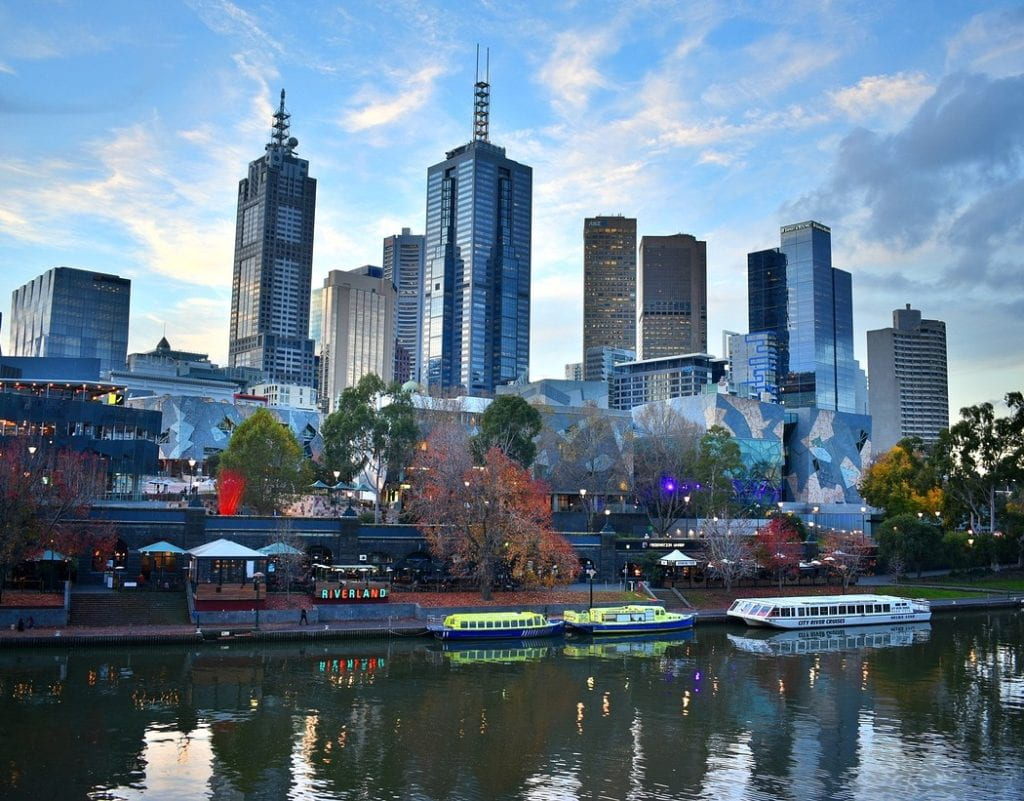
⇢ besichtigen – to visit and view
- die Sehenswürdigkeiten besichtigen – to visit and view the places of interest
⇠ Bild von Alf Scalise auf Pixabay

⇢ besuchen – to visit
- die Galerie / das Museum / den Zoo besuchen – to visit the gallery / the museum / the zoo
⇠ A meerkat at the Zoo | Ein Erdmännchen im Zoo

⇢ bewundern – to admire
- die Kunstwerke in den Seitengassen bewundern – to admire the artworks in the side streets or lanes
⇠ A street artist in a narrow lane | Ein Straßenkünstler in einer engen Seitengasse
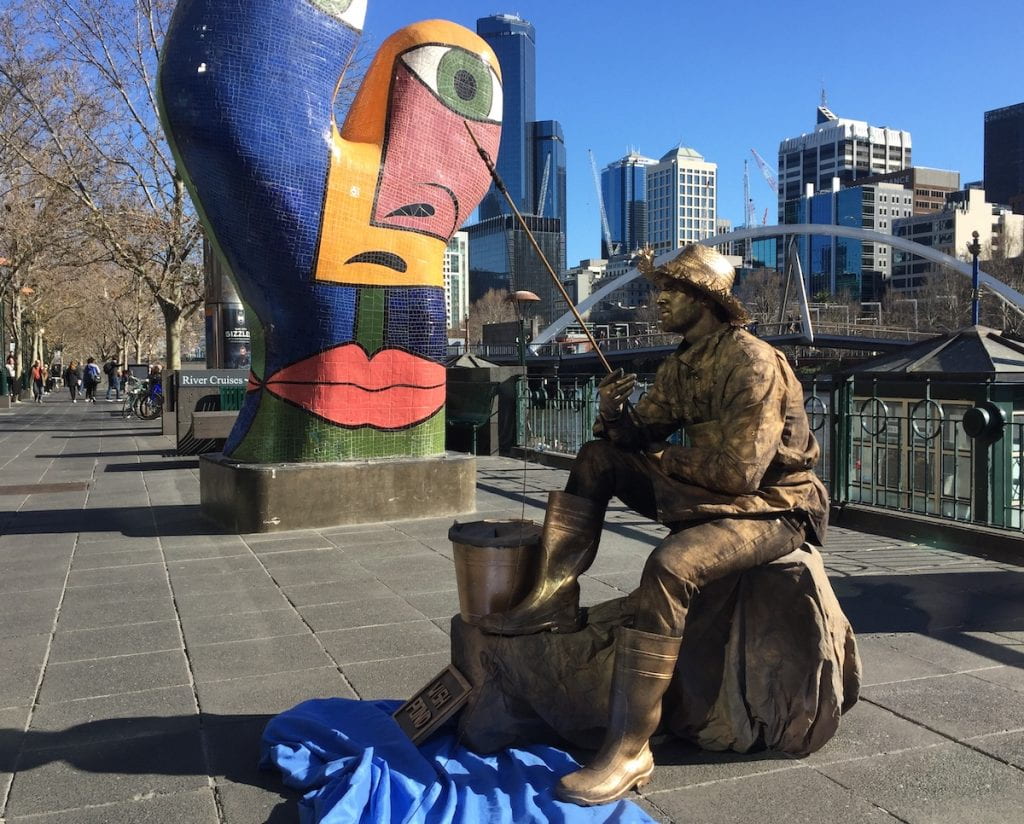
⇢ entdecken – to discover
- die Seitengassen und Einkaufspassagen entdecken – to discover the side streets and shopping arcades
- einheimische Bäume und Pflanzen entdecken – to discover native trees and plants
- die Stadt / die Geschichte der Stadt entdecken – to discover the city / the history of the city
⇠ A street artist on the Southgate Promenade | Ein Straßenkünstler auf der Southgate-Promenade

⇢ gehen – to go
- ins Café / ins Restaurant / ins Kino / ins Museum / ins Theater gehen – to go to a cafe or restaurant, see a film, visit the museum or go to the theatre
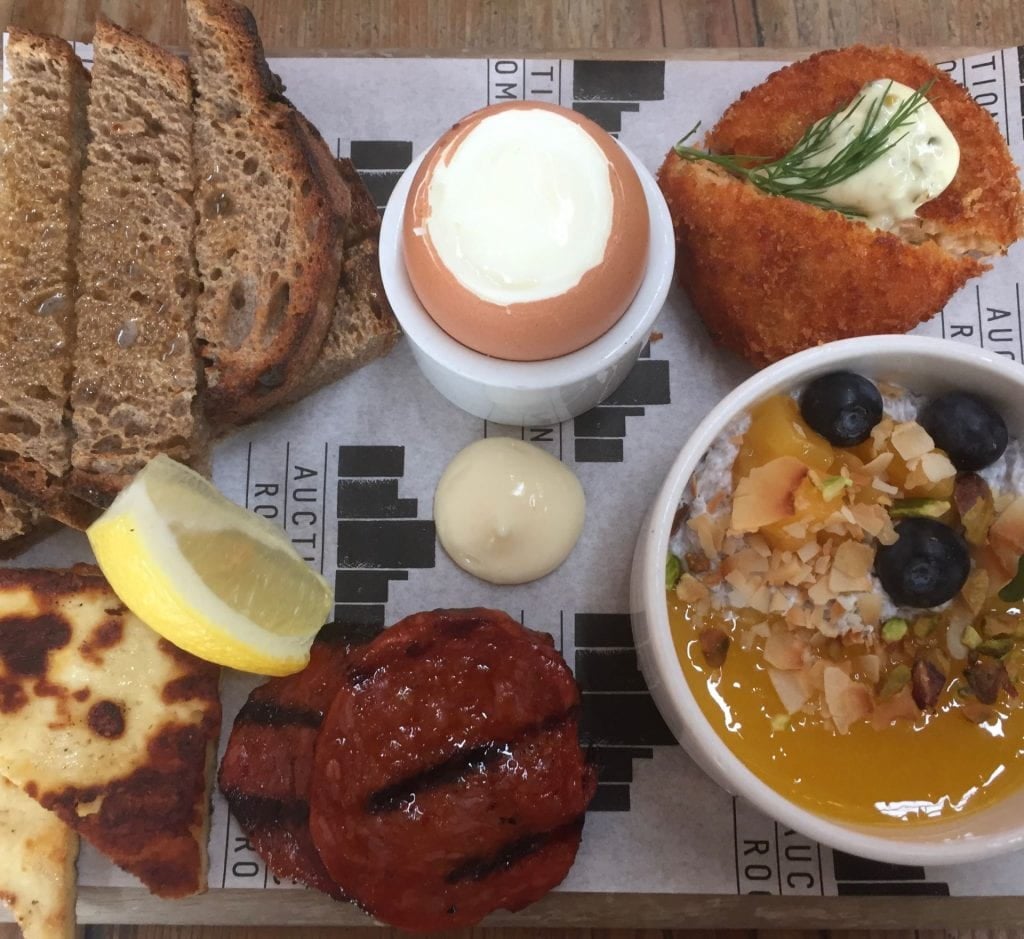
⇢ genießen – to enjoy
- (ein) gutes Essen genießen – to enjoy good food, a good meal
- das Leben genießen – to enjoy life
- die Aussicht auf die Stadt genießen – to enjoy the view over the city
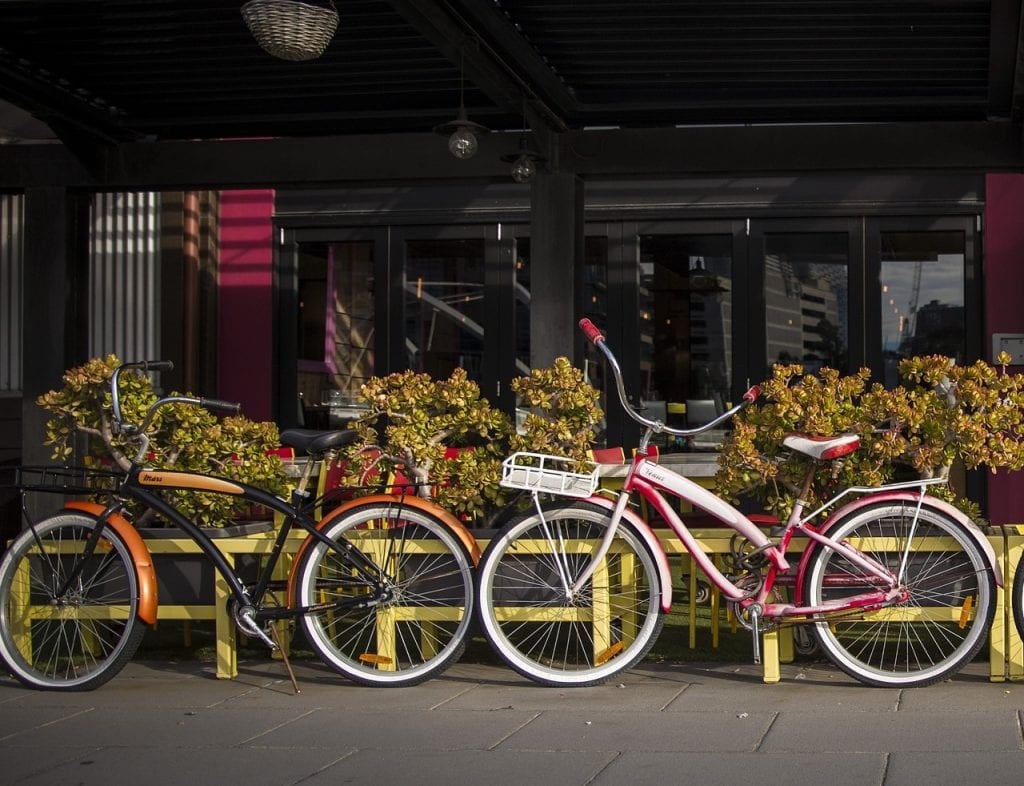
⇢ machen – to do or to make
- eine Radtour durch die Gärten und Parks machen – to do a cycling tour
- eine Flussfahrt auf dem Yarra machen – to take a river cruise on the Yarra
- eine Stadtrundfahrt machen – to do a city sightseeing tour
- einen Tagesausflug zum Yarra Valley machen – to go on a day excursion to the Yarra Valley
3 Simple Sentences About Places
Masculine Nouns • Feminine Nouns • Neuter Nouns • Plural Nouns • Adjectives
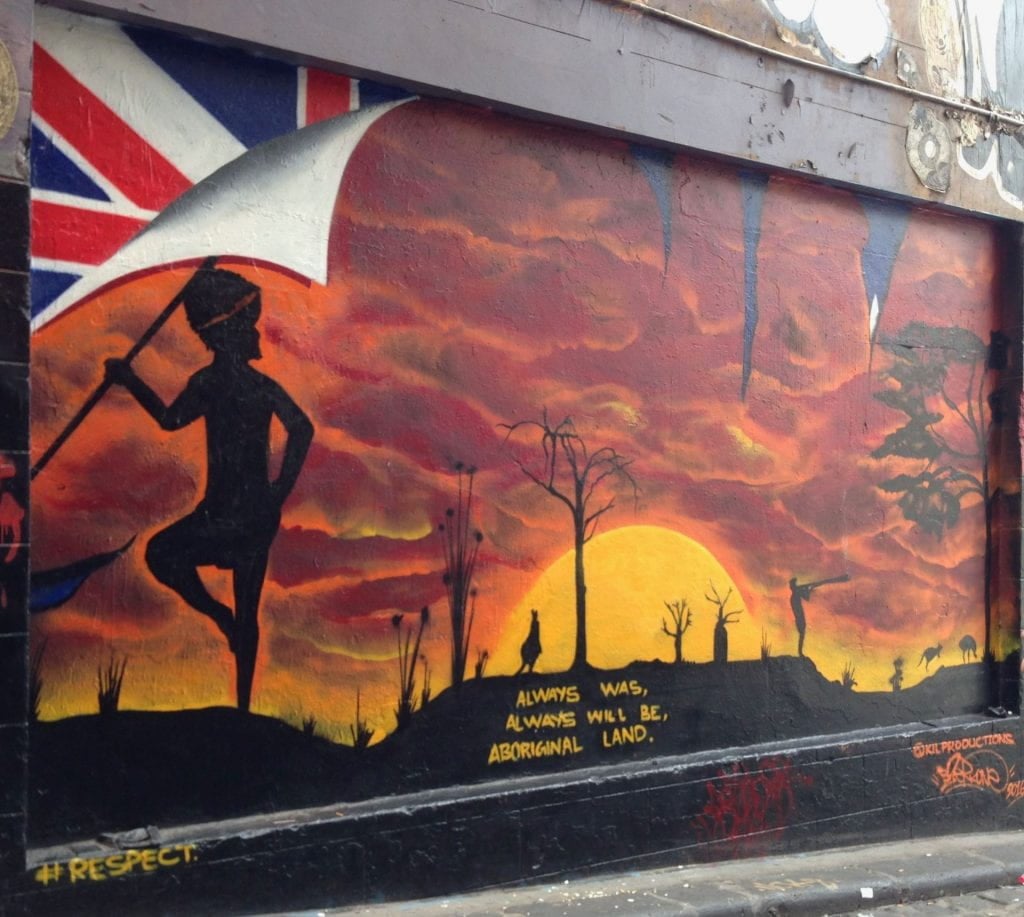
• die Straßenkunst | die Street Art ⇢ Hosier Lane
Die Hosier-Lane ist berühmt für ihre Straßenkunst oder Street Art*.
Hosier Lane is famous for its street art.
Dieses Gemälde hat die Bildunterschrift: „War schon immer das Land der Ureinwohner, wird es immer sein.“
This painting has the caption: “Always was, always will be Aboriginal land.”
*Street Art is used as a feminine noun in German.
⇠ Photo by Sophie Leigh, used with her permission

• der Pier or die Seebrücke, der Pinguin, der Strand, die Strandpromenade ⇢ St Kilda
In St Kilda gibt es eine Menge zu entdecken. Man kann die Strandpromenade entlang spazieren und einen Kaffee am Ende des Piers trinken. Dort kann man bei Sonnenuntergang kleine Pinguine zwischen den Felsen sehen.
There is a lot to discover in Saint Kilda. You can walk along the seafront and have a coffee at the end of the pier. You can also see some little penguins among the rocks at sunset.
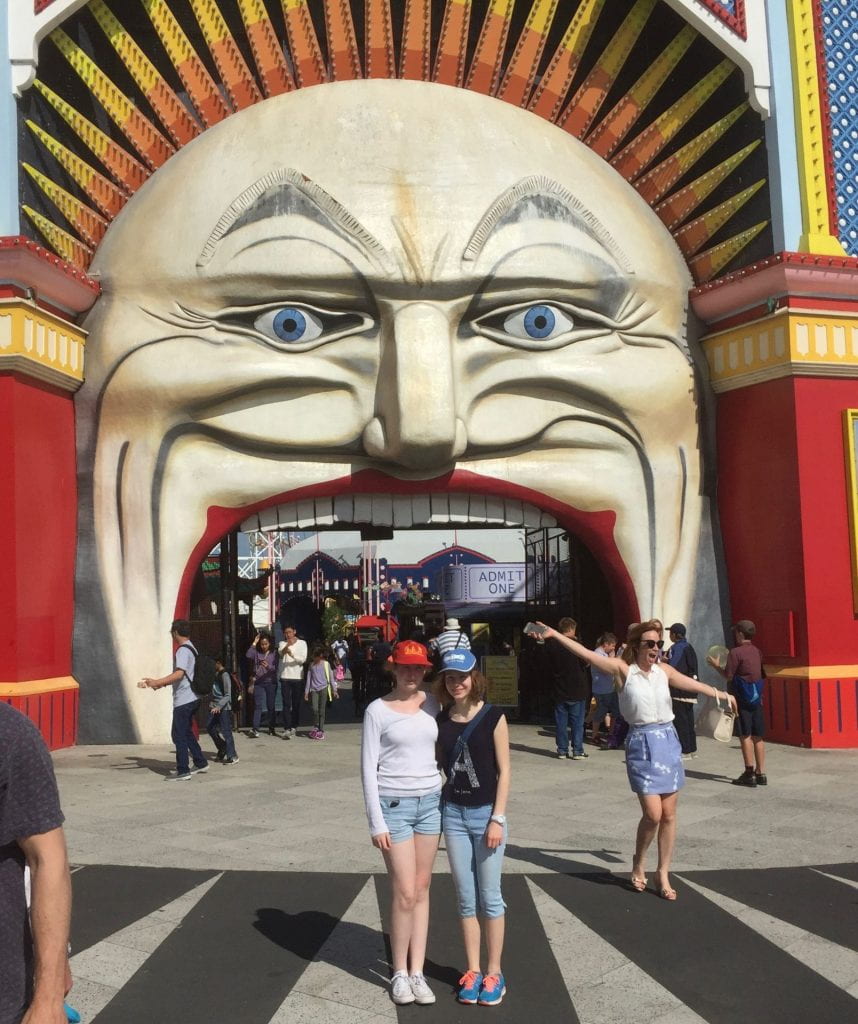
• der Freizeitpark – Amusement Park ⇢ Luna Park, St Kilda
Das ist der ikonische Eingang von Luna Park. Mit der alten Achterbahn namens „Scenic Railway“ fährt man zweimal um den ganzen Park.
This is the iconic entrance of Luna Park. The old roller coaster called the “Scenic Railway” takes you around the entire park twice.

• der Aussichtsturm – viewing tower ⇢ Eureka-Tower
Der Eureka-Tower ist das höchste Gebäude in Melbourne. Von der Aussichtsplattform hat man eine schöne Aussicht über das ganze Stadtzentrum und die Umgebung.
The Eureka Tower is the tallest building in Melbourne. From the observation deck you gain a beautiful view over the whole city centre and the surrounding area.
⇠ Bild von PublicDomainPictures auf Pixabay
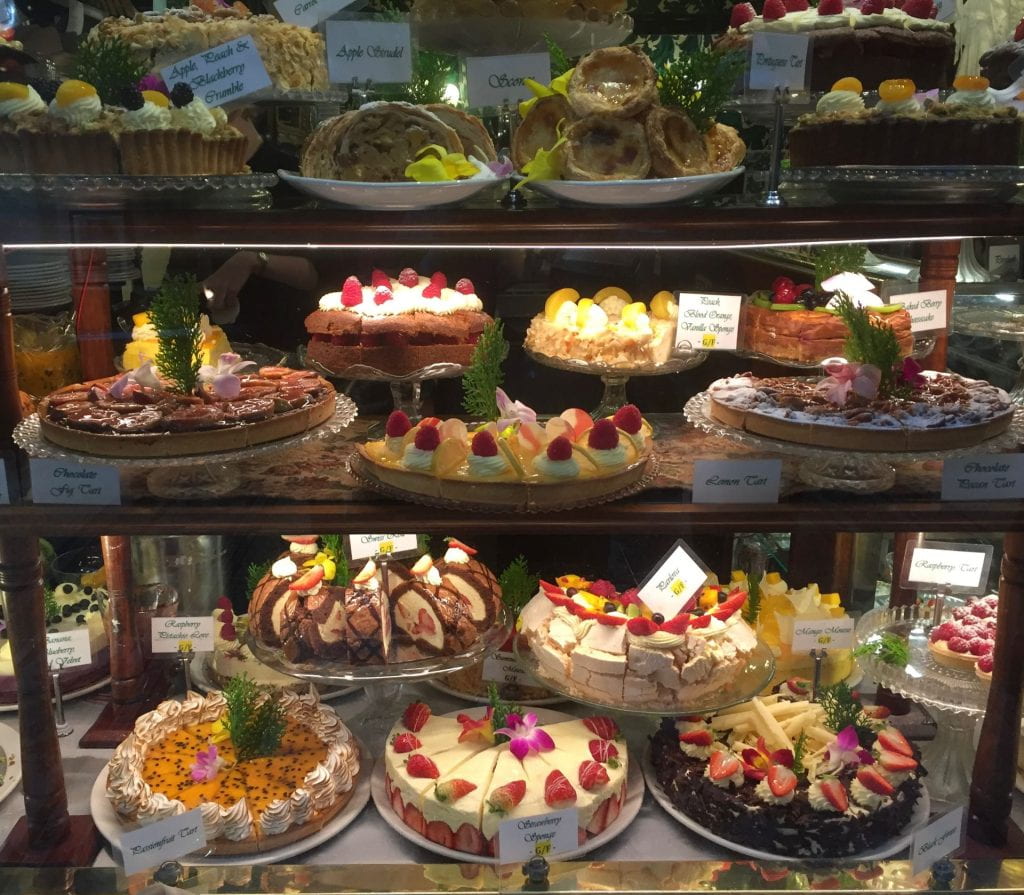
- die Einkaufspassage – shopping arcade ⇢ Block Arcade
Zwischen den Straßen von Melbourne gibt es alte Einkaufspassagen mit interessanten Läden und Cafés. In der Block Arcade kann man in die “Tea Rooms” gehen, ein Café, das im Jahr 1892 gegründet wurde.
Between the streets of Melbourne there are old shopping arcades with interesting shops and cafés. In the Block Arcade you can go to the Tea Rooms, a café founded in 1892.

- der Botanische Garten ⇢ Botanic Gardens
Der Botanische Garten von Melbourne ist berühmt. Dort kann man viele einheimische Bäume und Pflanzen entdecken.
The Botanical Gardens in Melbourne are famous. You can discover many native trees and plants there.
⇠ Devo Vagabond, CC BY-SA 4.0, via Wikimedia Commons
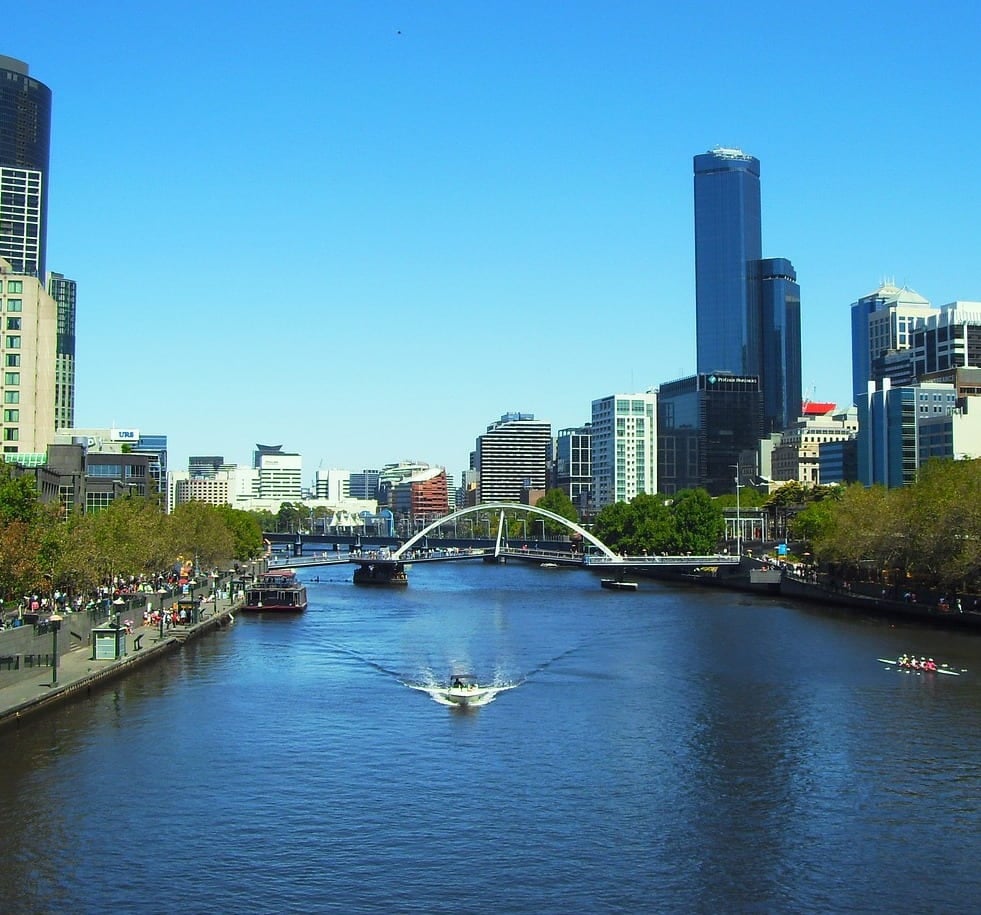
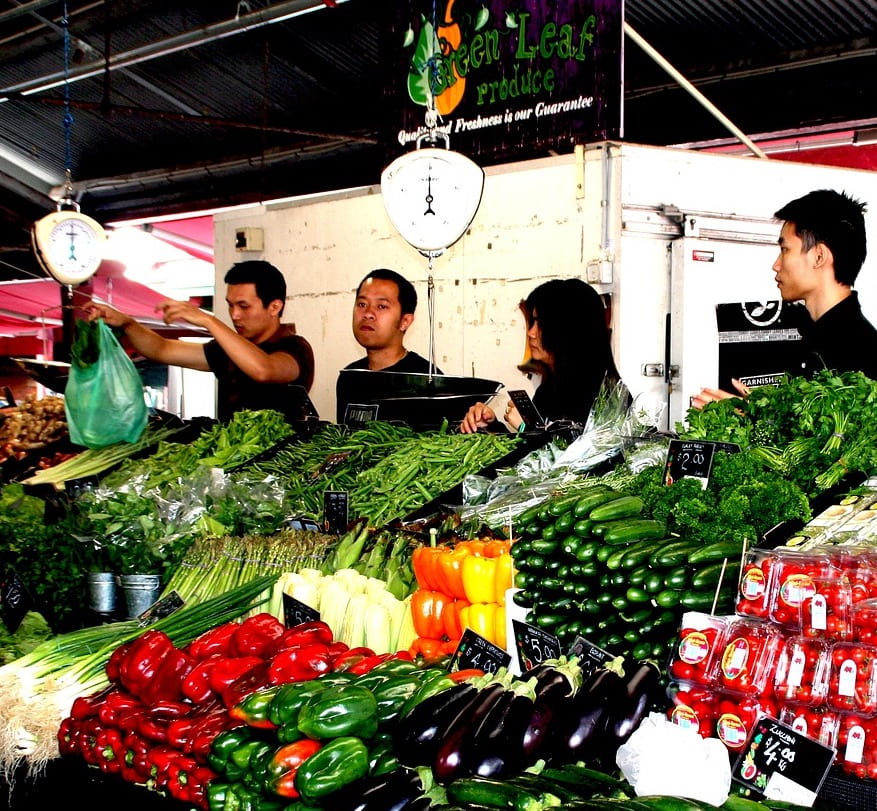

• die Nationalgalerie – National Gallery ⇢ St Kilda Road
In der Nationalgalerie kann man verschiedene Ausstellungen besuchen und die Kunstwerke der Ureinwohner Australiens bewundern.
In the National Gallery, you can visit various exhibitions and admire the art works of the Indigenous people of Australia.
⇠ Photo by Sophie Leigh, used with her permission

• der Radweg | die Radwege – bicycle path (s)
In Melbourne gibt es viele Radwege. Man kann den Fluss entlang oder durch Gärten und Parks radeln.
In Melbourne there are many bike paths. You can cycle along the river or through gardens and parks.
⇠ Bild von Adrian Malec auf Pixabay

• die Stadtrundfahrt – sight-seeing tour
Man kann mit der alten grünen Straßenbahn kostenlos um die Innenstadt fahren. Das heißt die City-Circle-Fahrt.
You can take a free ride on an old green tram around the inner city. This is called the “City Circle” tour.
Durch eine Tour mit dem “Hop-on/Hop-off” Bus kann man viele Sehenswürdigkeiten besichtigen.
You can visit many places of interest by taking a tour on a hop-on/hop-off bus.
⇠ Bild von Ralf Genge auf Pixabay
4 A Gallery of Useful Expressions

den Lesesaal in der Staatsbibliothek besuchen 
die Geschichte des Lands entdecken 
ein gutes Essen genießen 
ins Restaurant gehen 
die Wolkenkratzer sehen 
den Zoo besuchen 
die Sehenswürdigkeiten besichtigen 
die bunten Strandhäuser bewundern 
eine Flussfahrt machen 
eine Aussicht über das Stadtzentrum haben 
eine Radtour machen 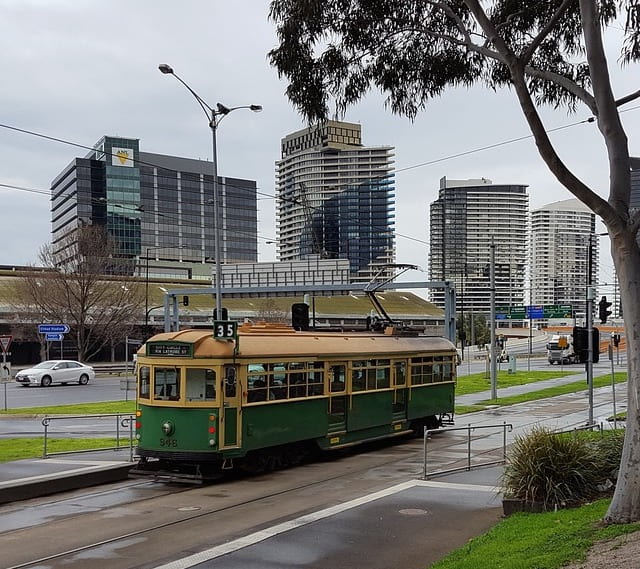
mit der Straßenbahn um die Innenstadt fahren 
ins Café gehen 
die Nationalgalerie besuchen 
in den Freizeitpark gehen
5 Quizzes
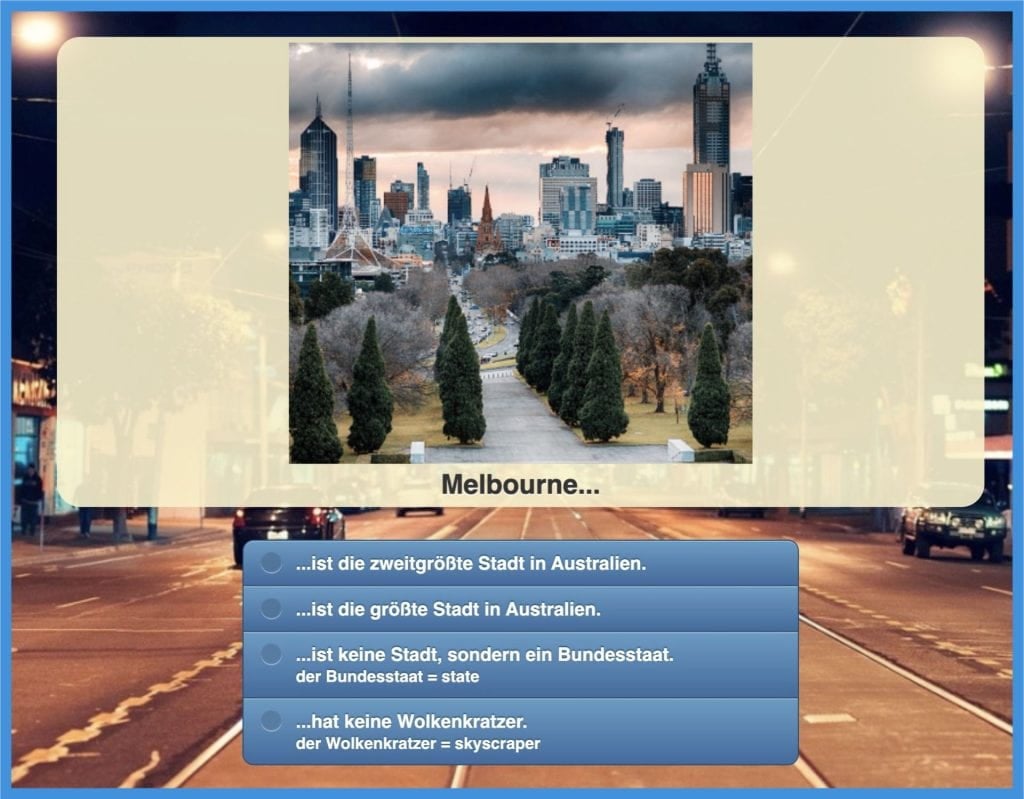
Multiple Choice Quiz (created on LearningApps): Melbourne beschreiben | Describing Melbourne
This quiz allows learners to practise and consolidate the vocabulary on this page. Each question includes a picture and hints about key words.
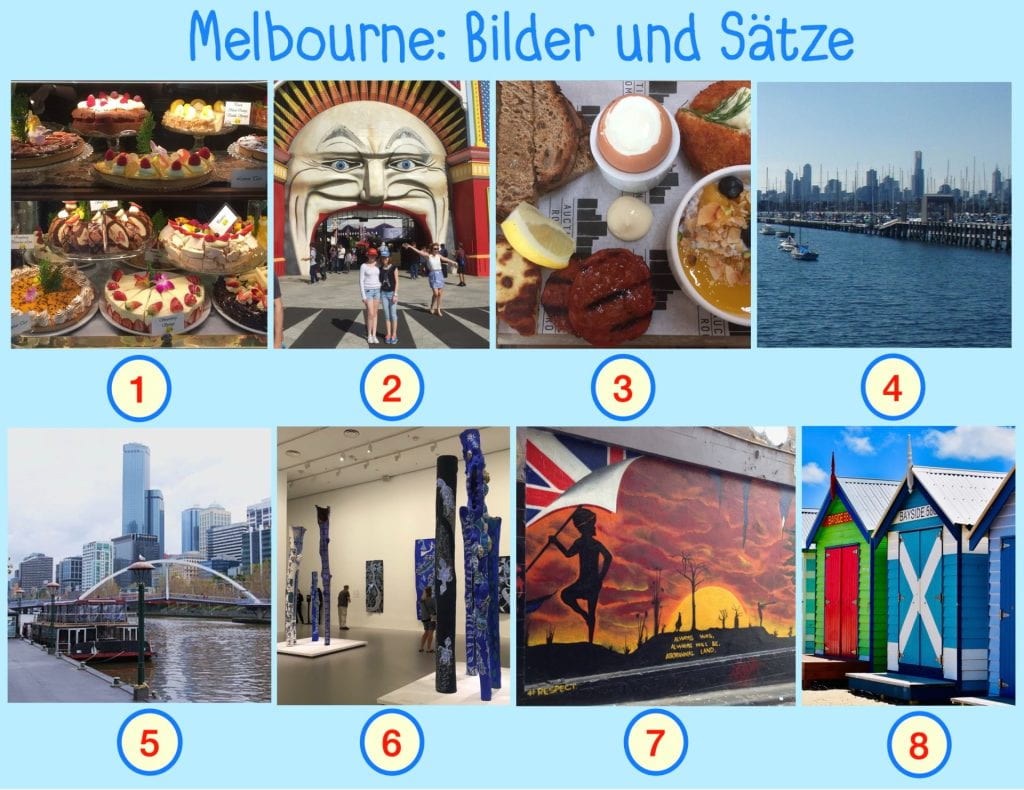
Fill the Gap Quiz (created on LearningApps): Melbourne: Bilder und Sätze | Pictures and Sentences
Select matching expressions and sentences for each picture and consolidate the vocabulary provided above.
